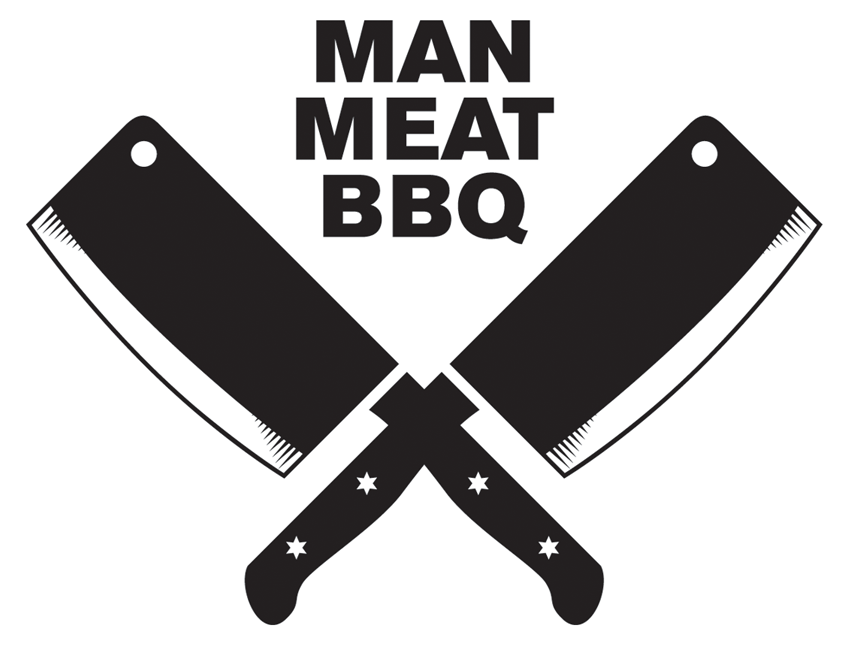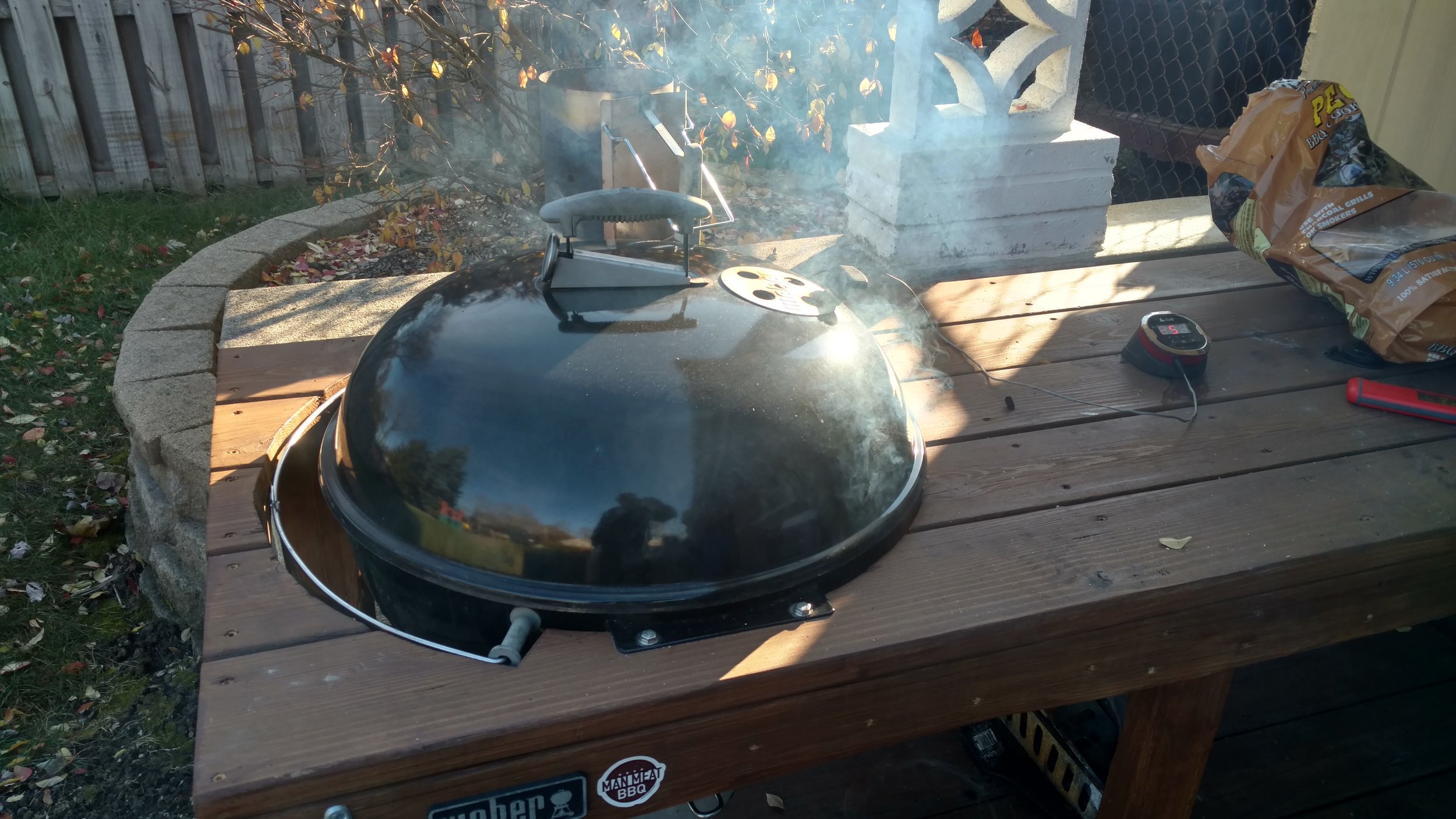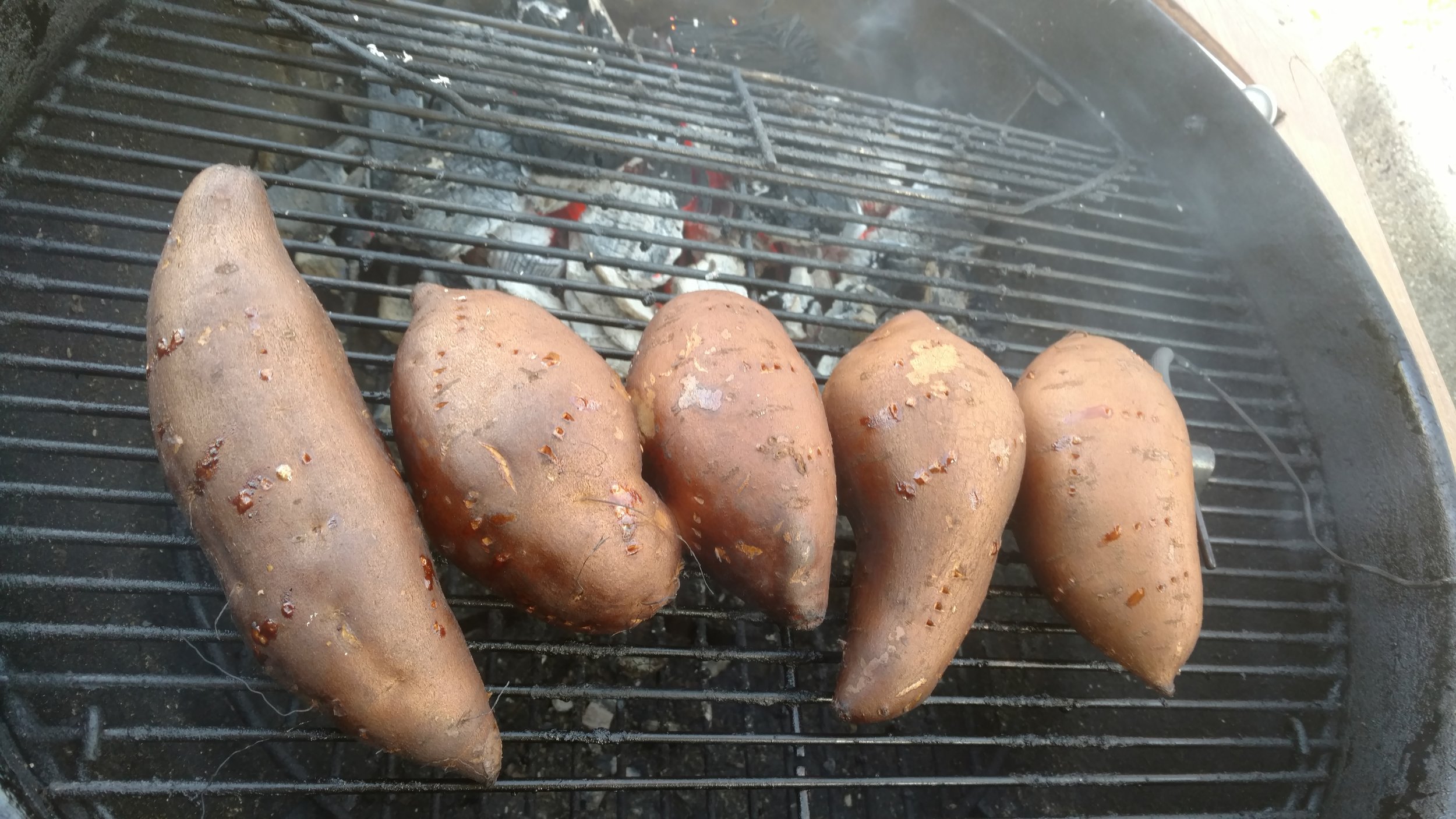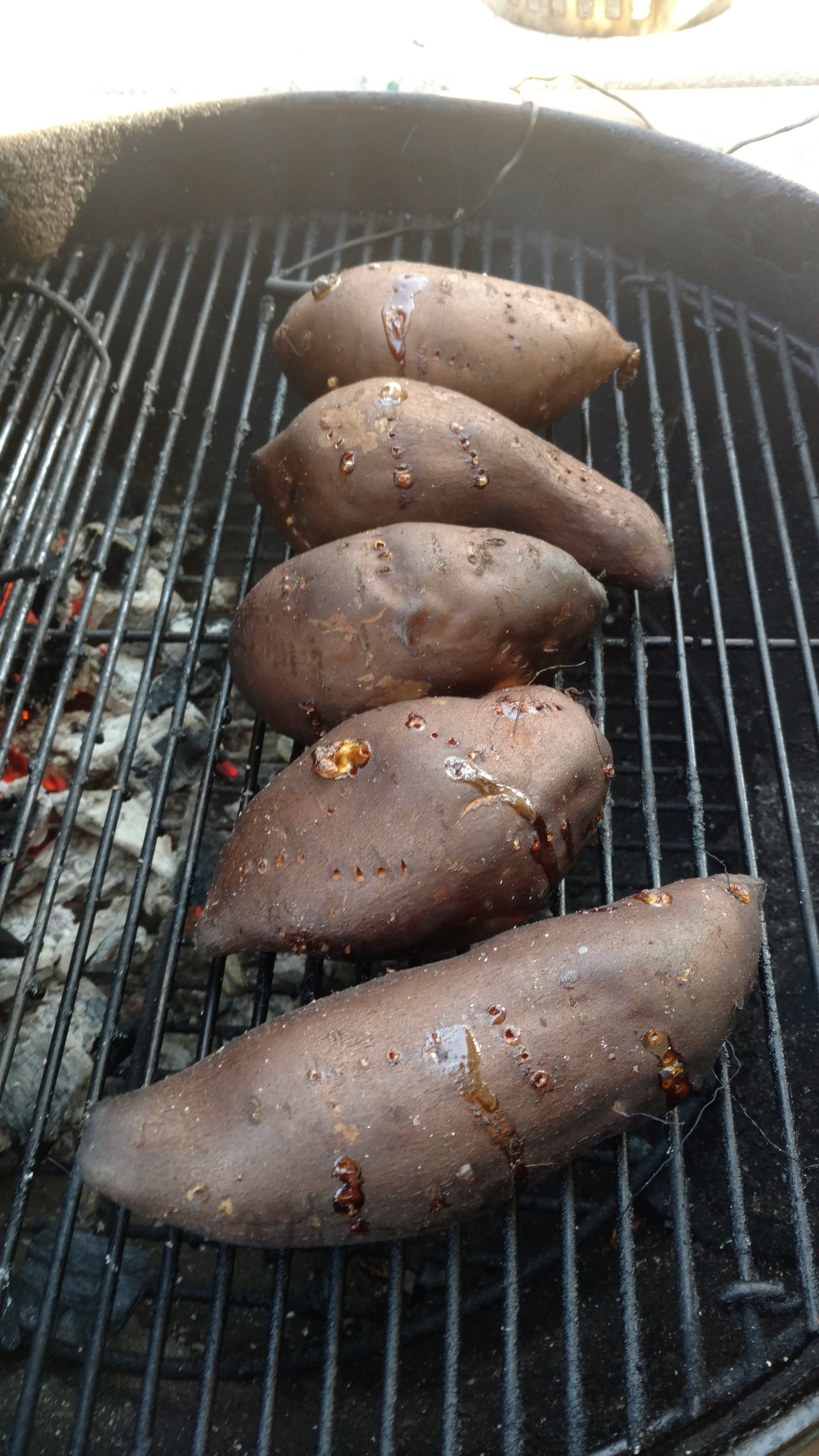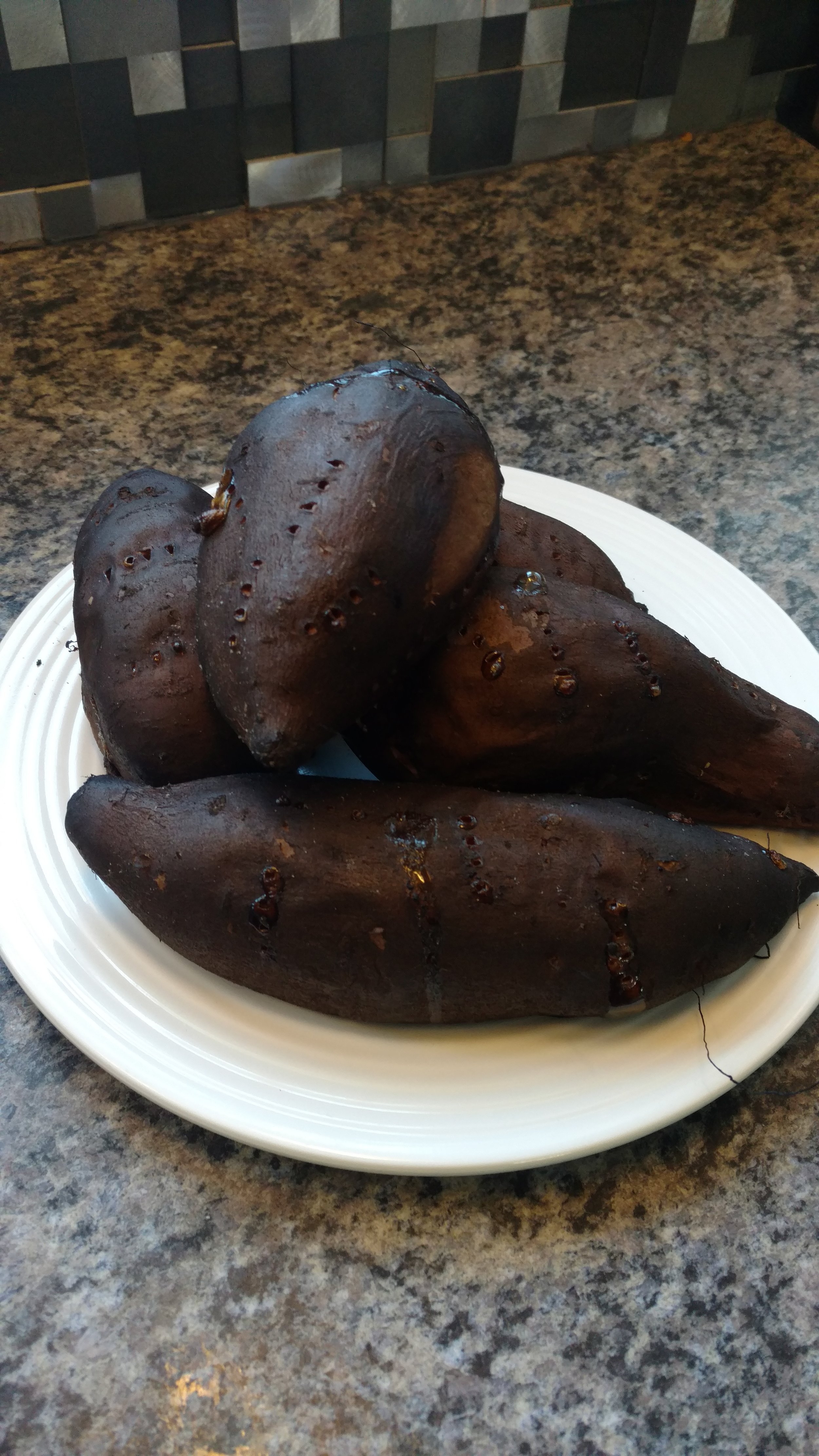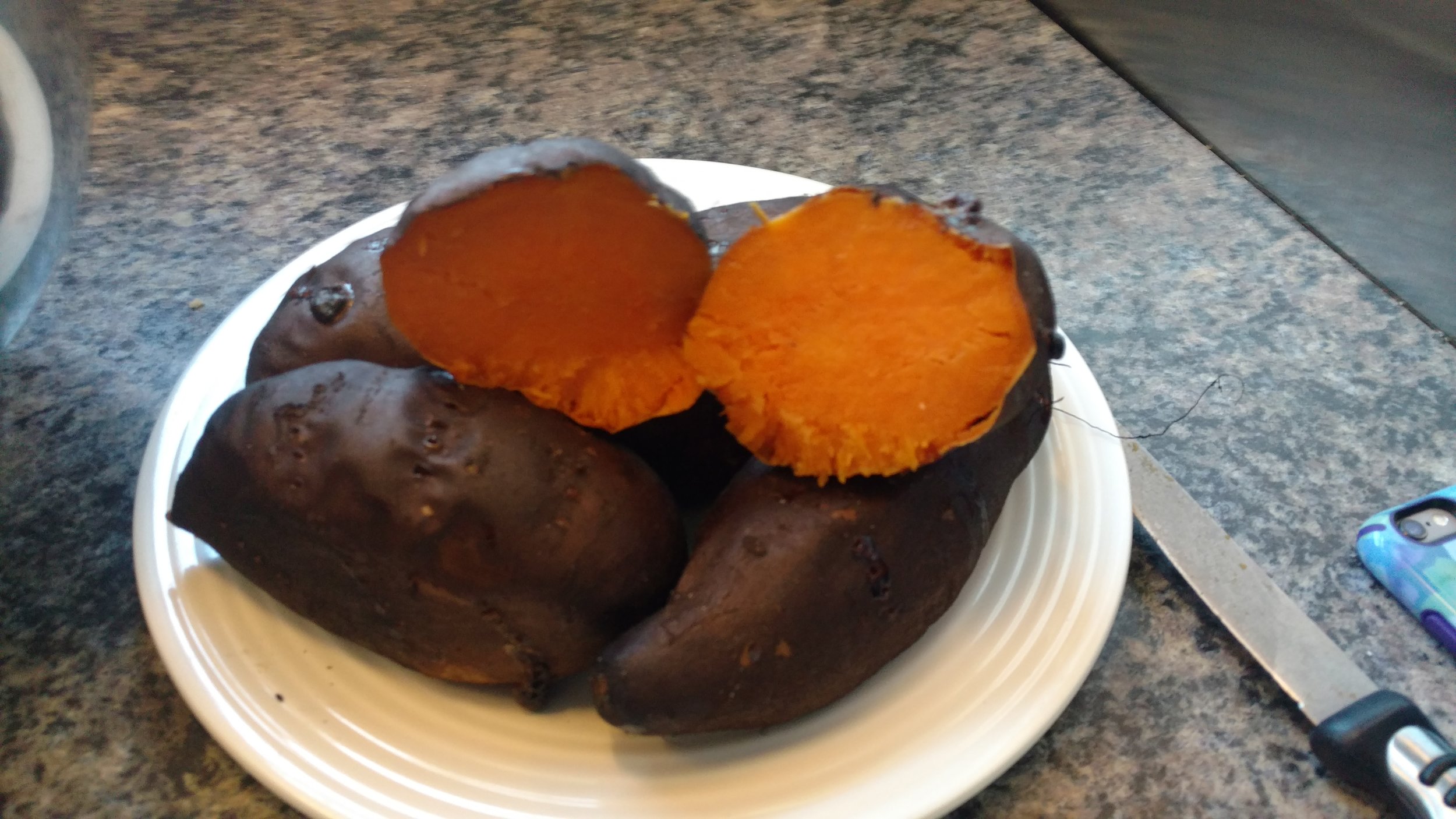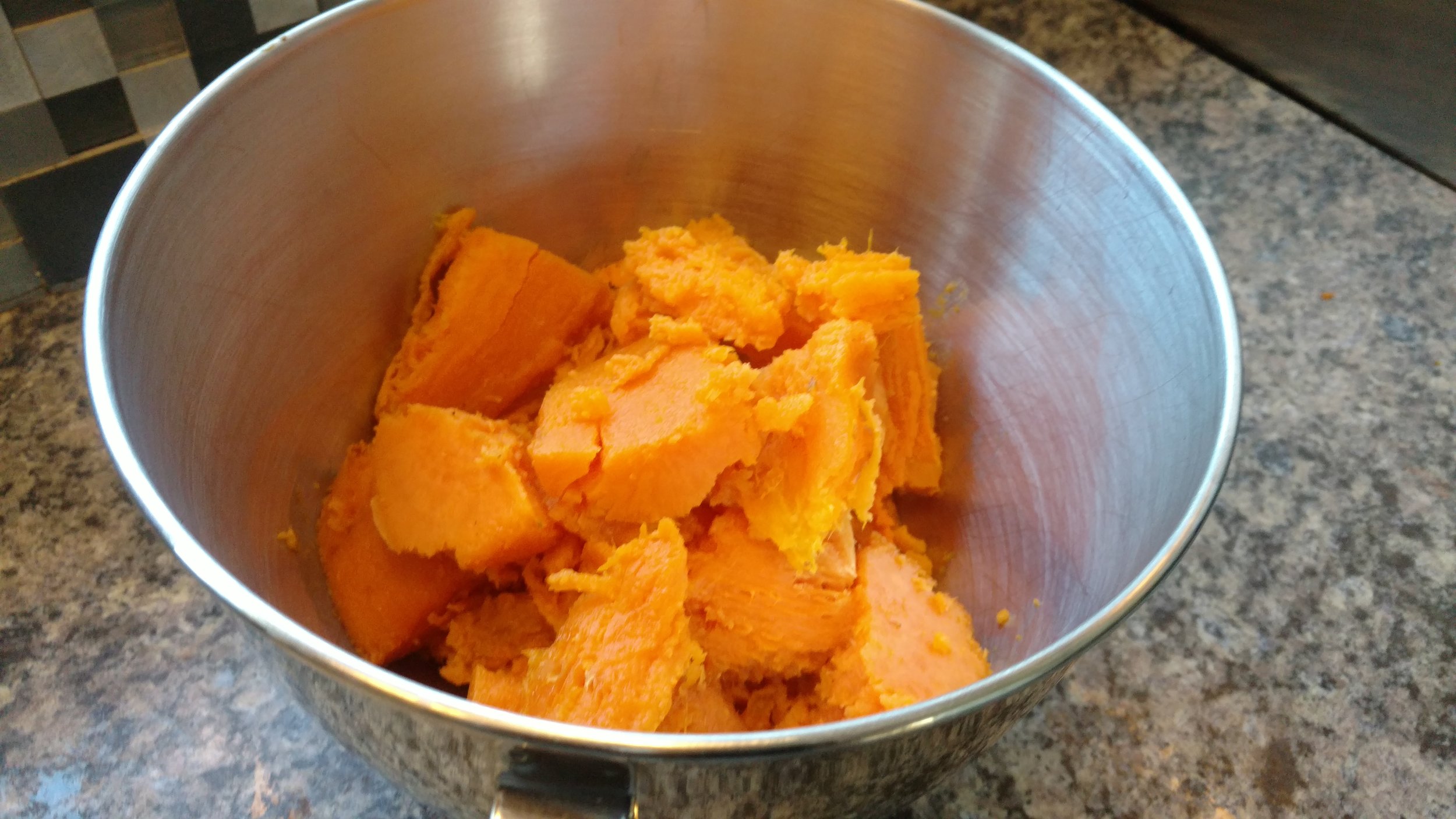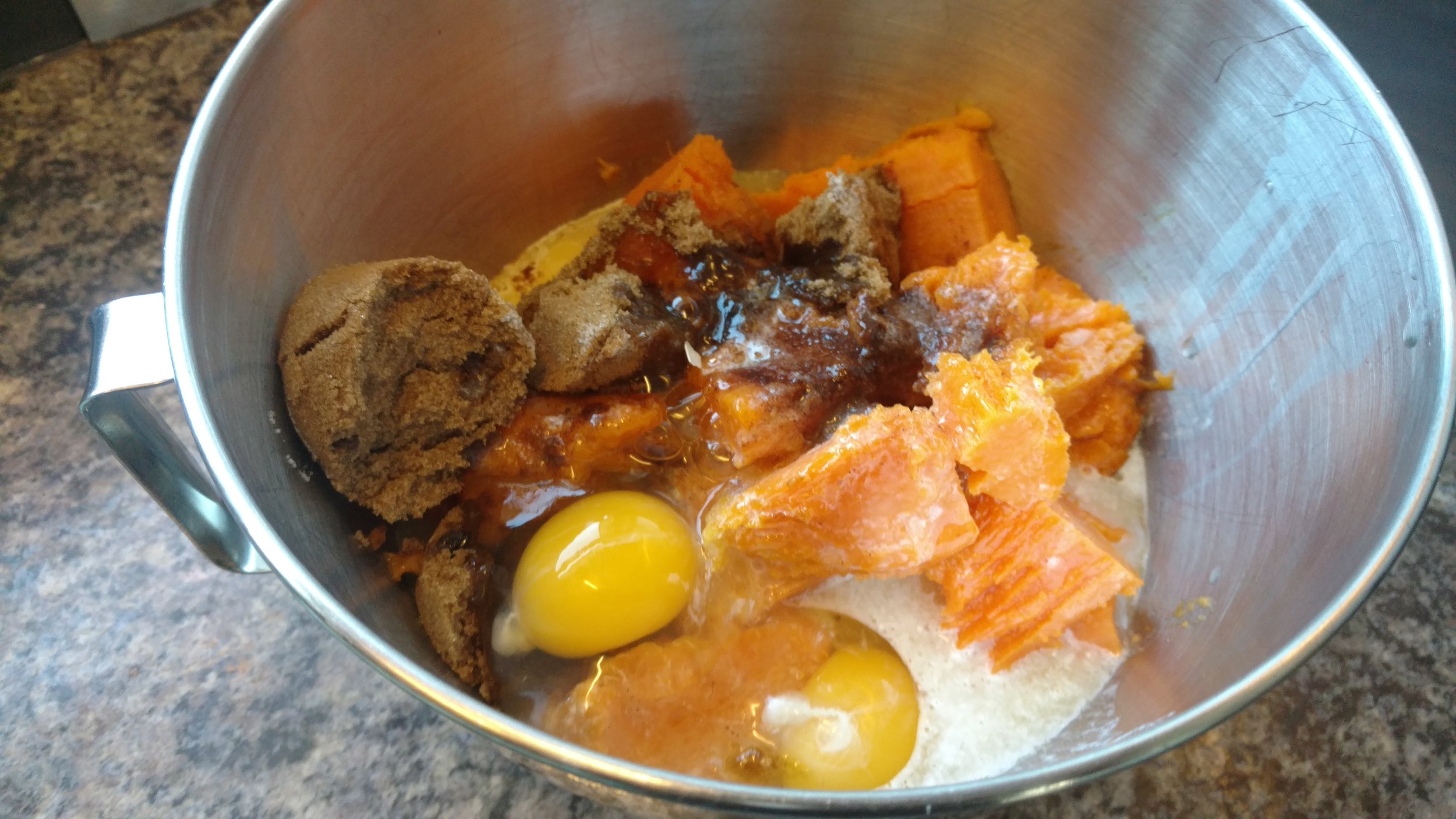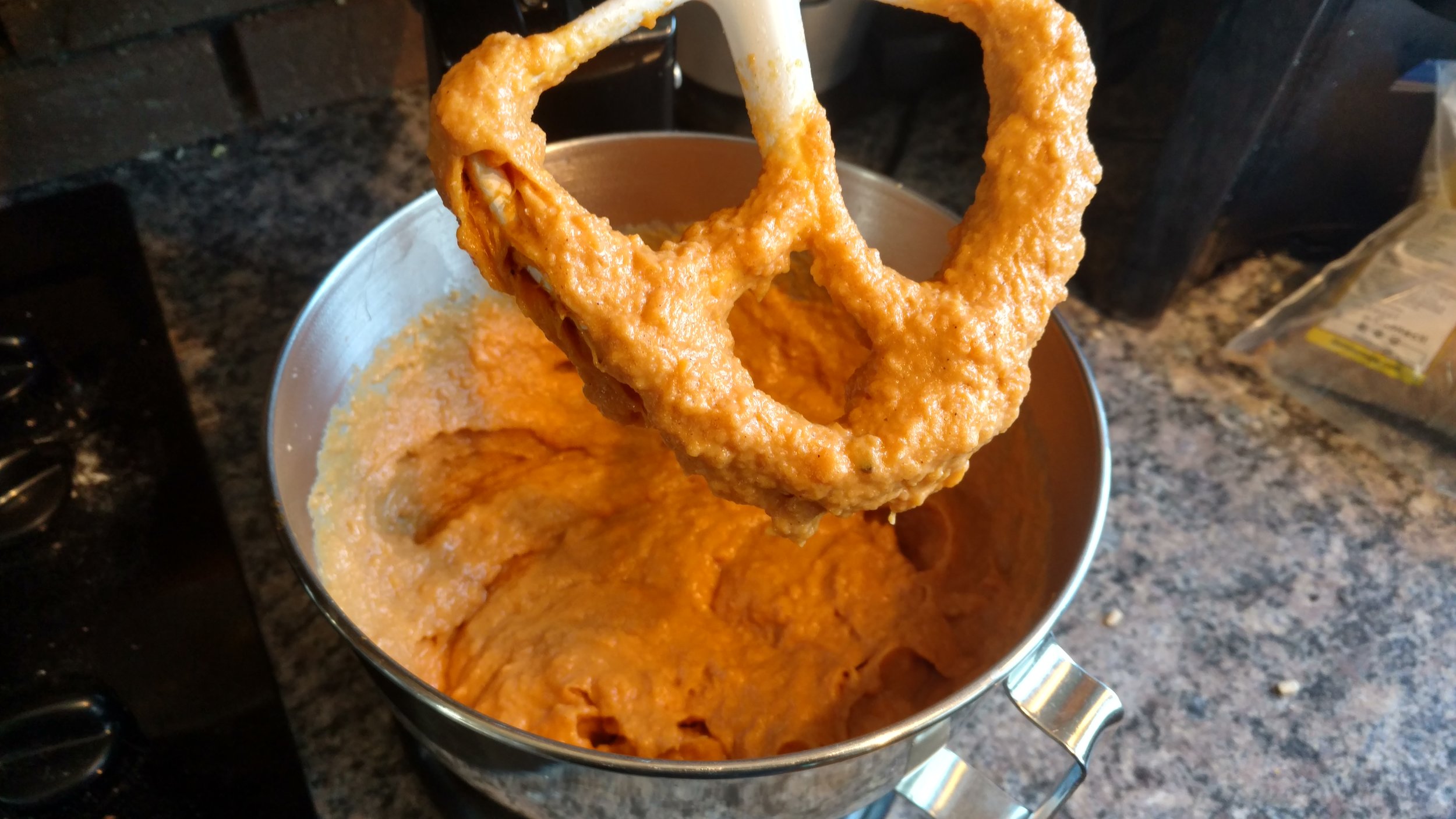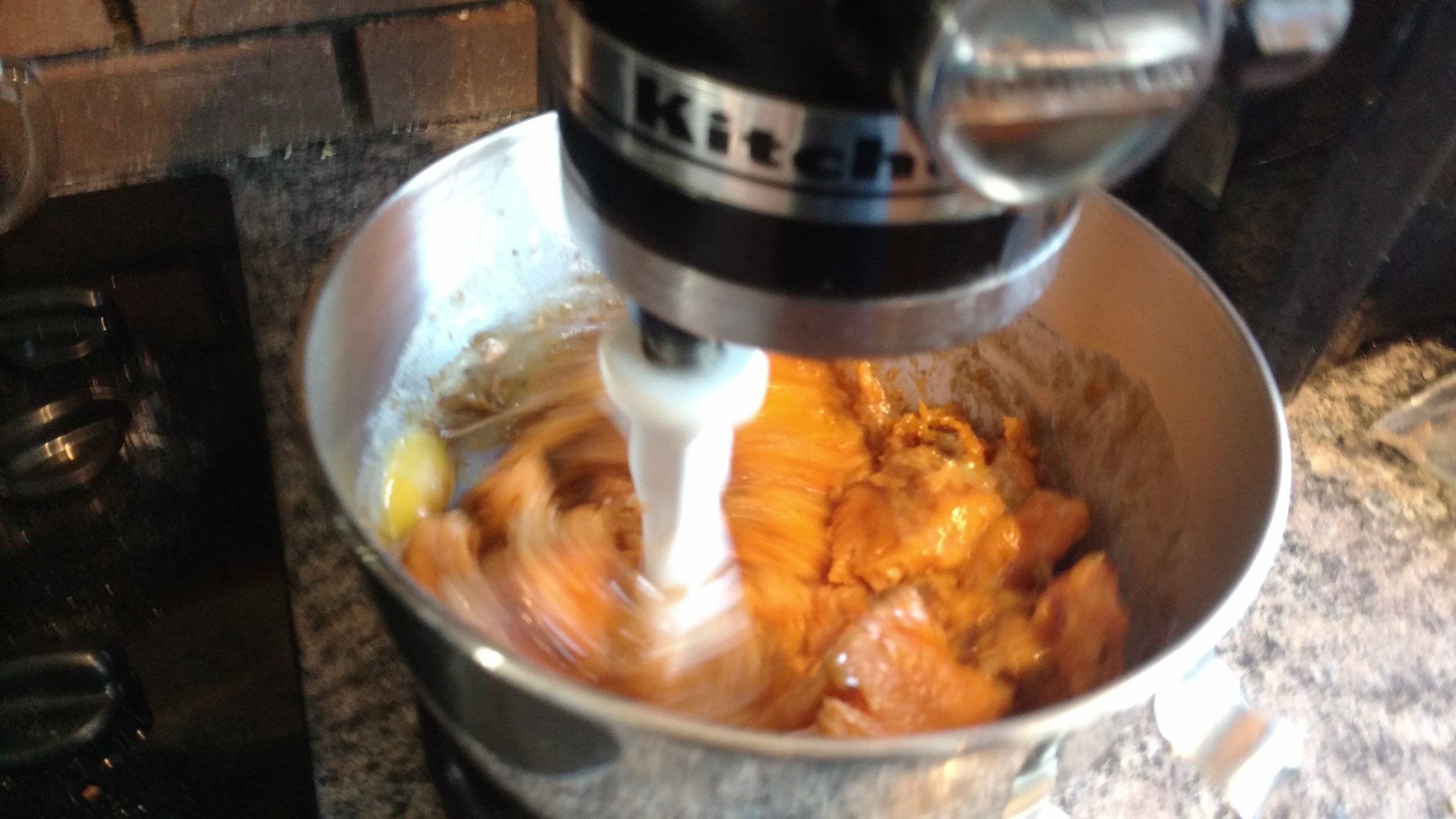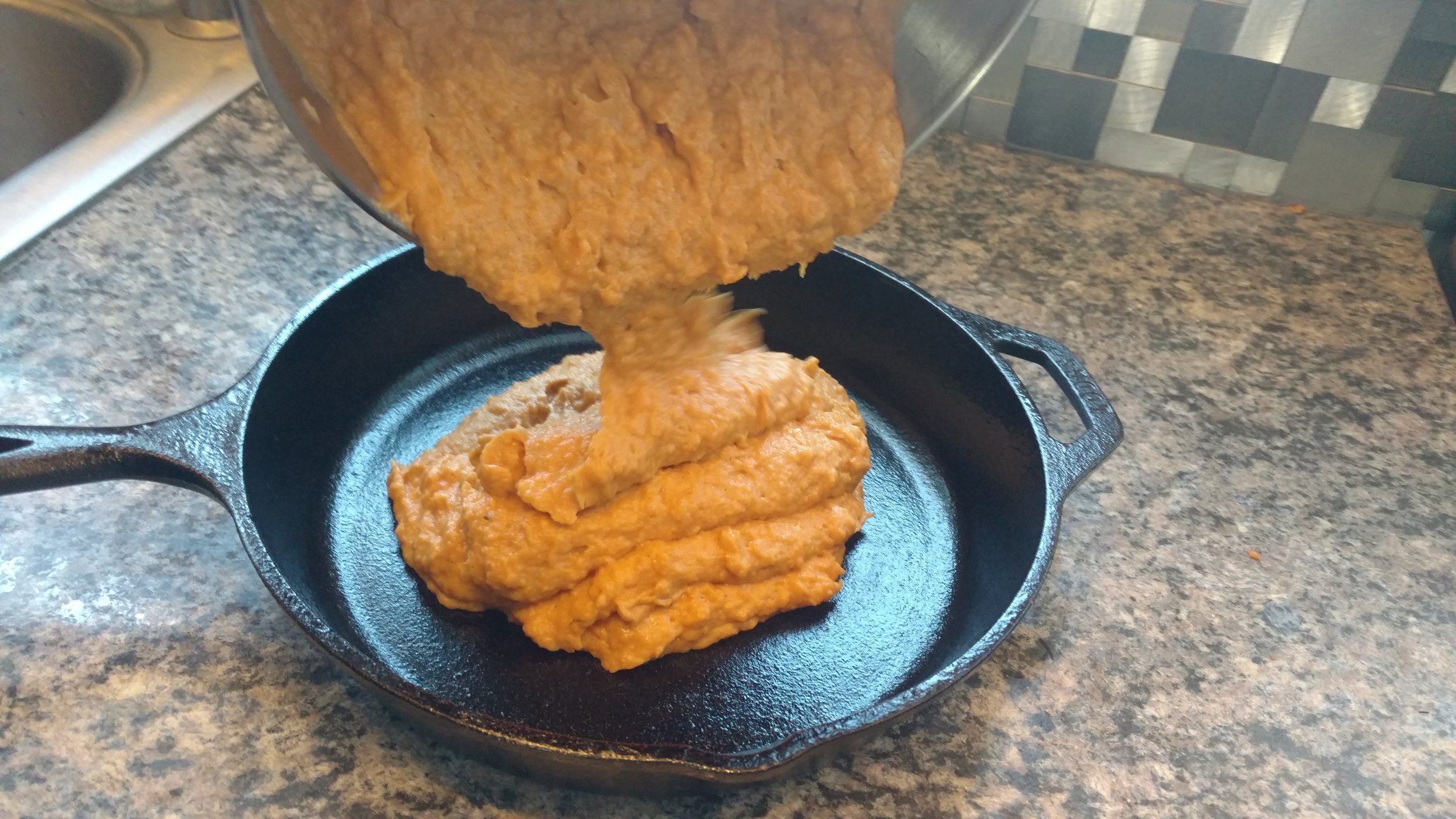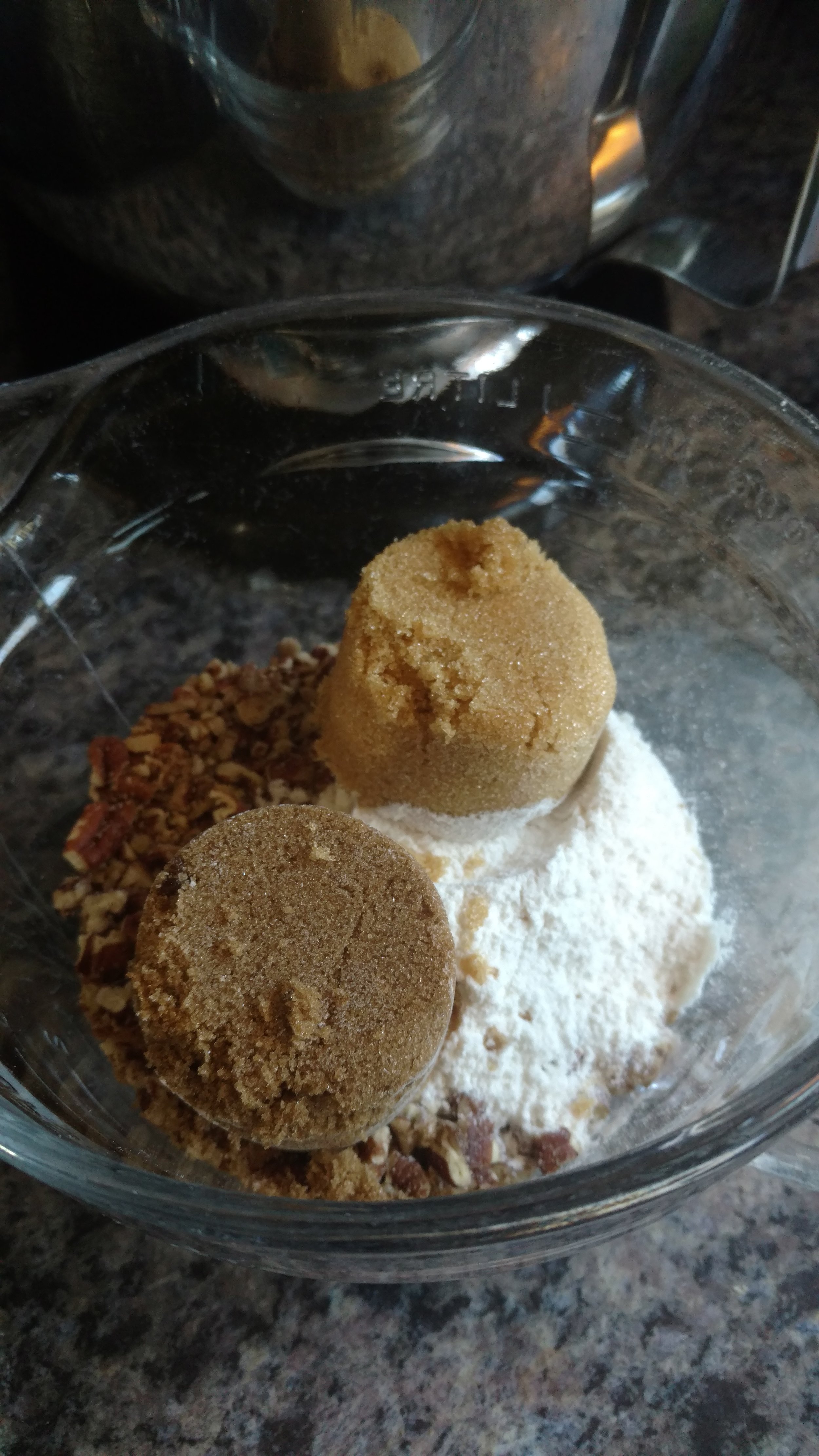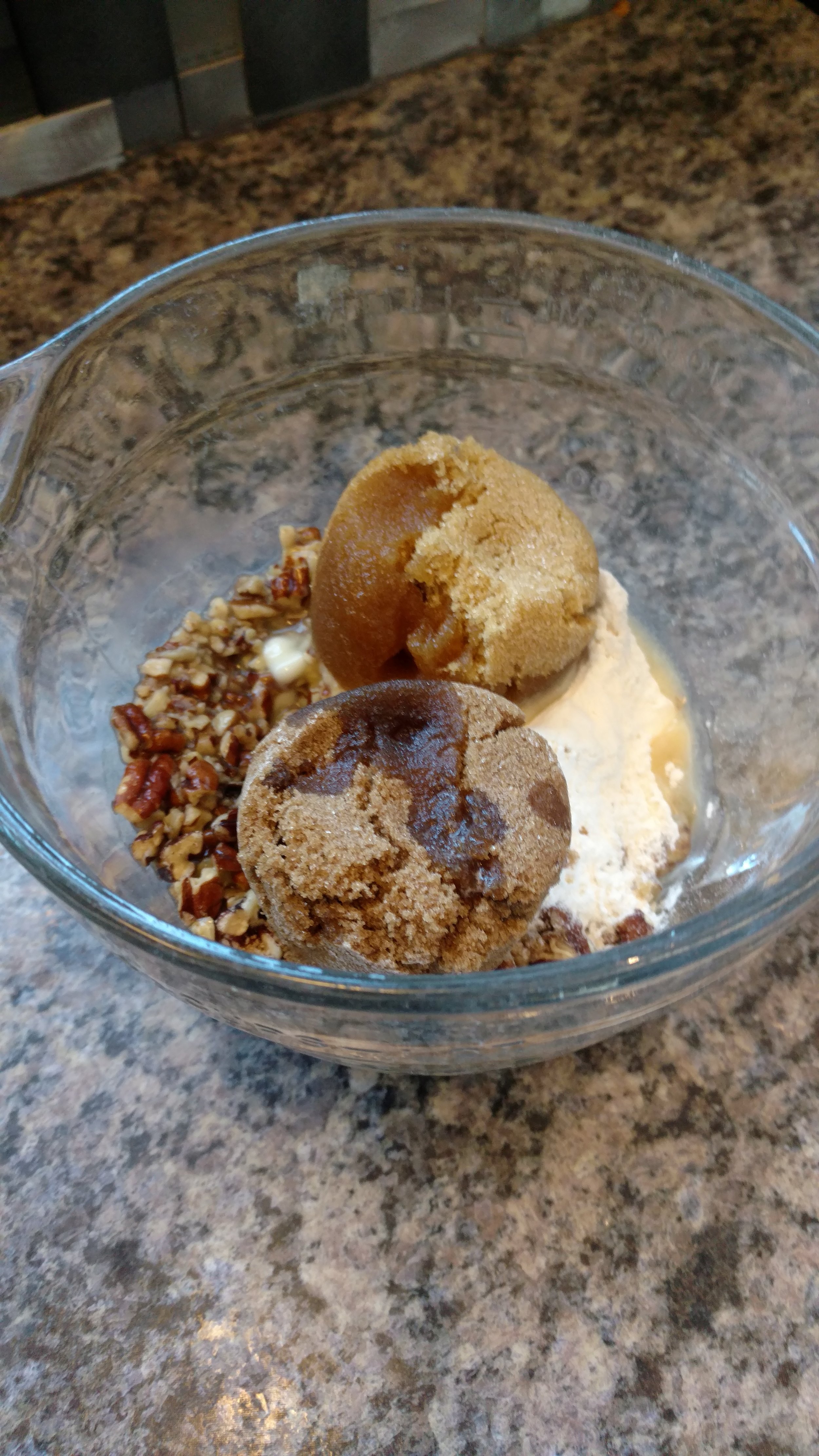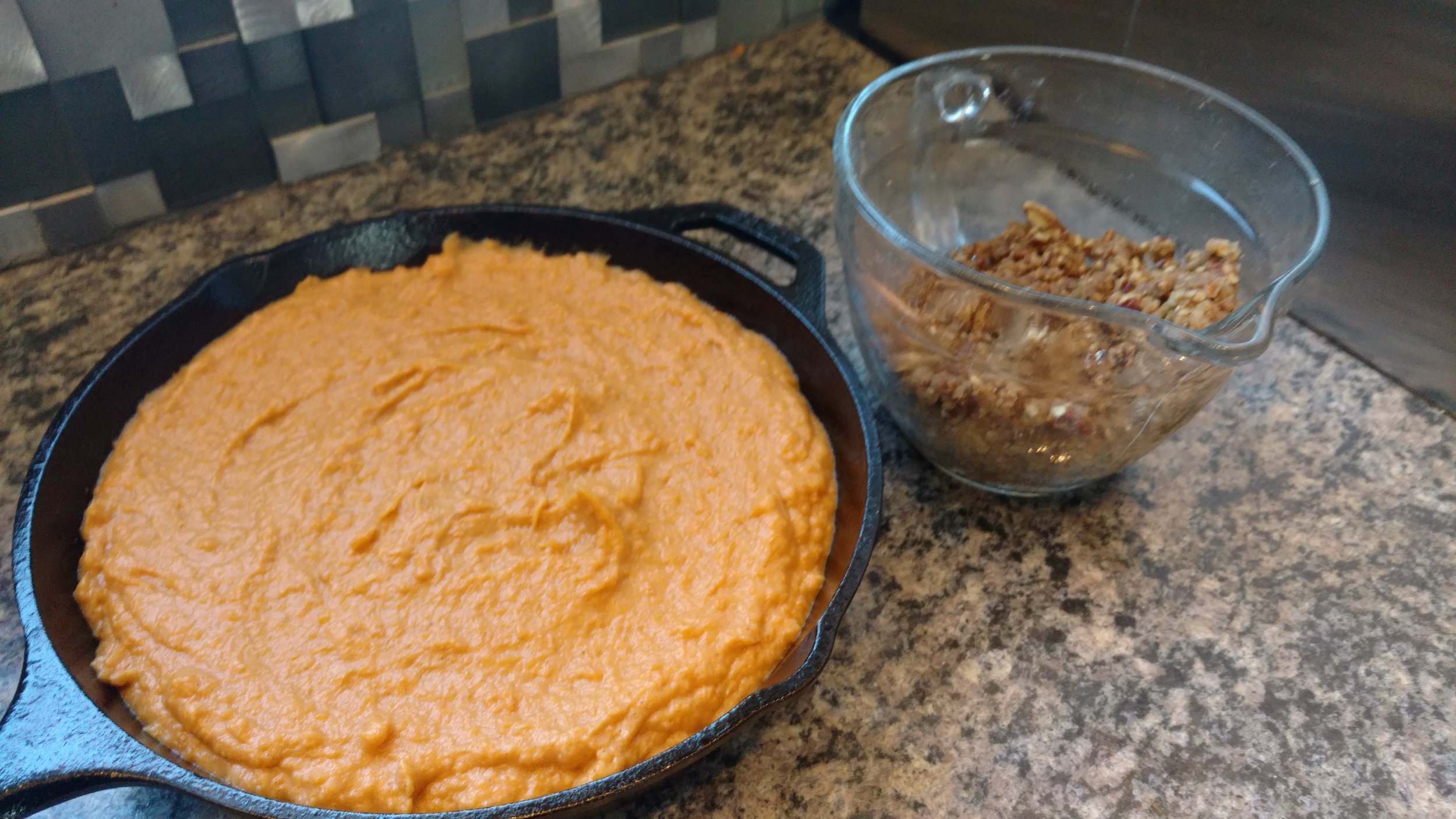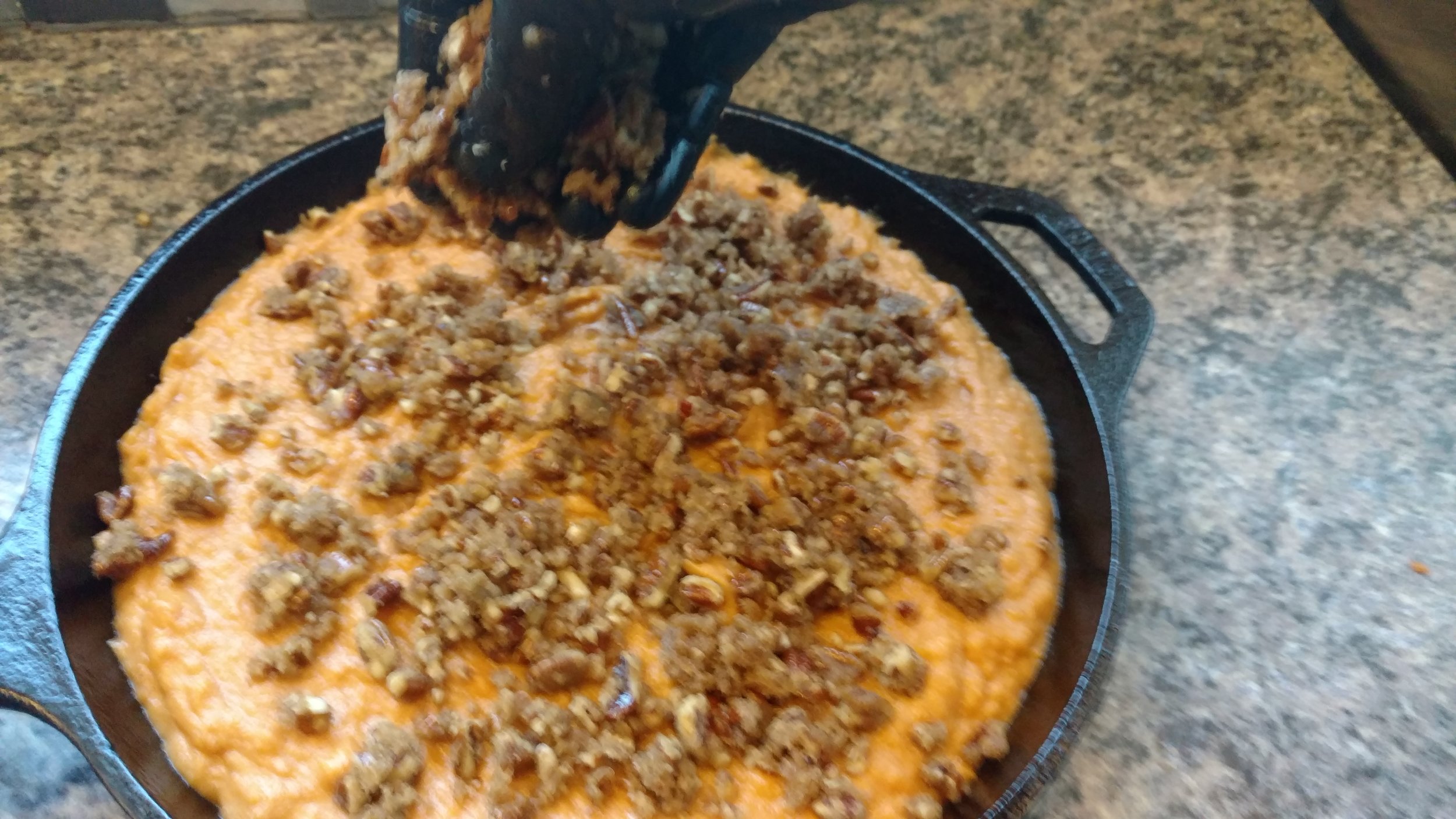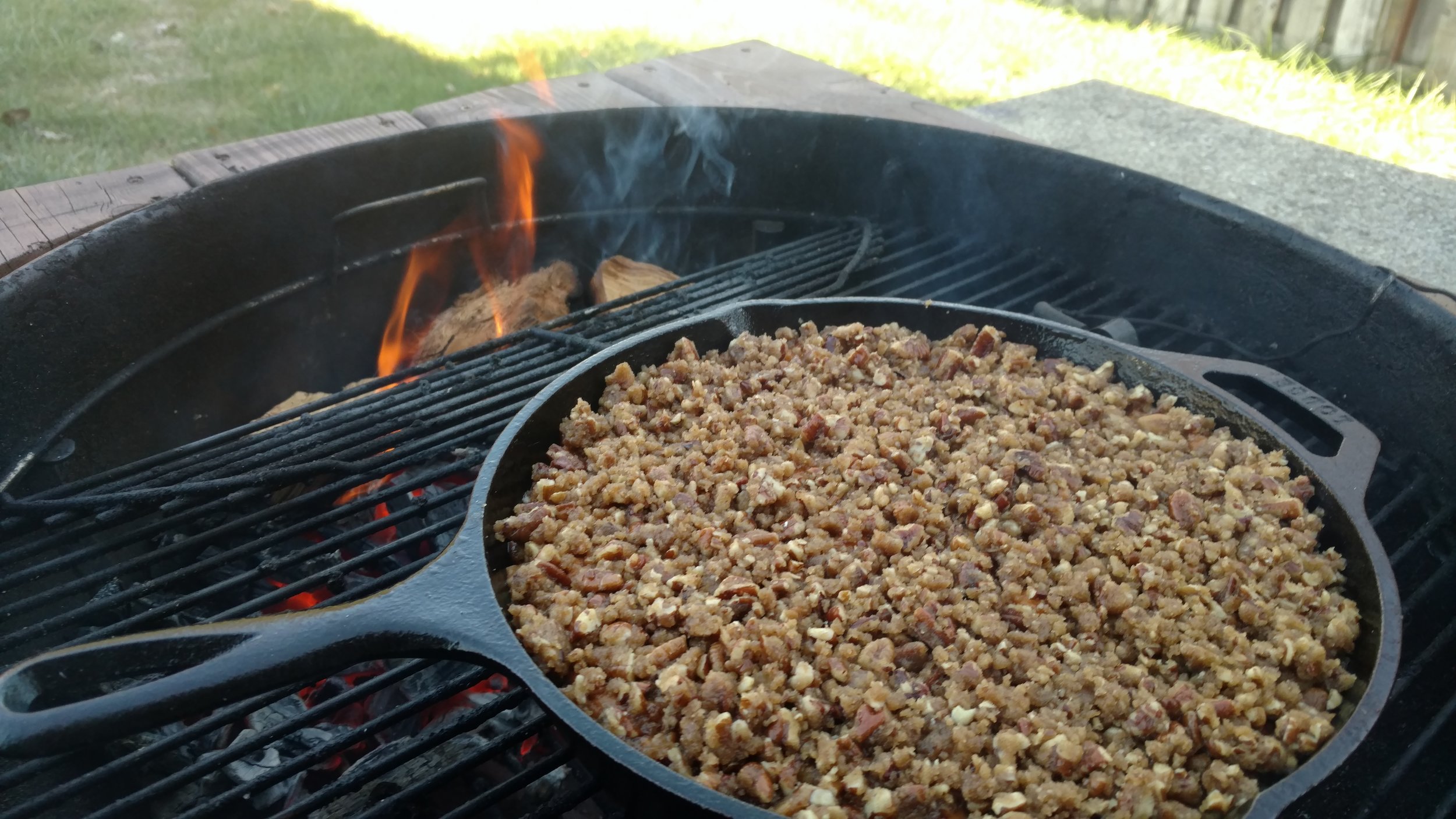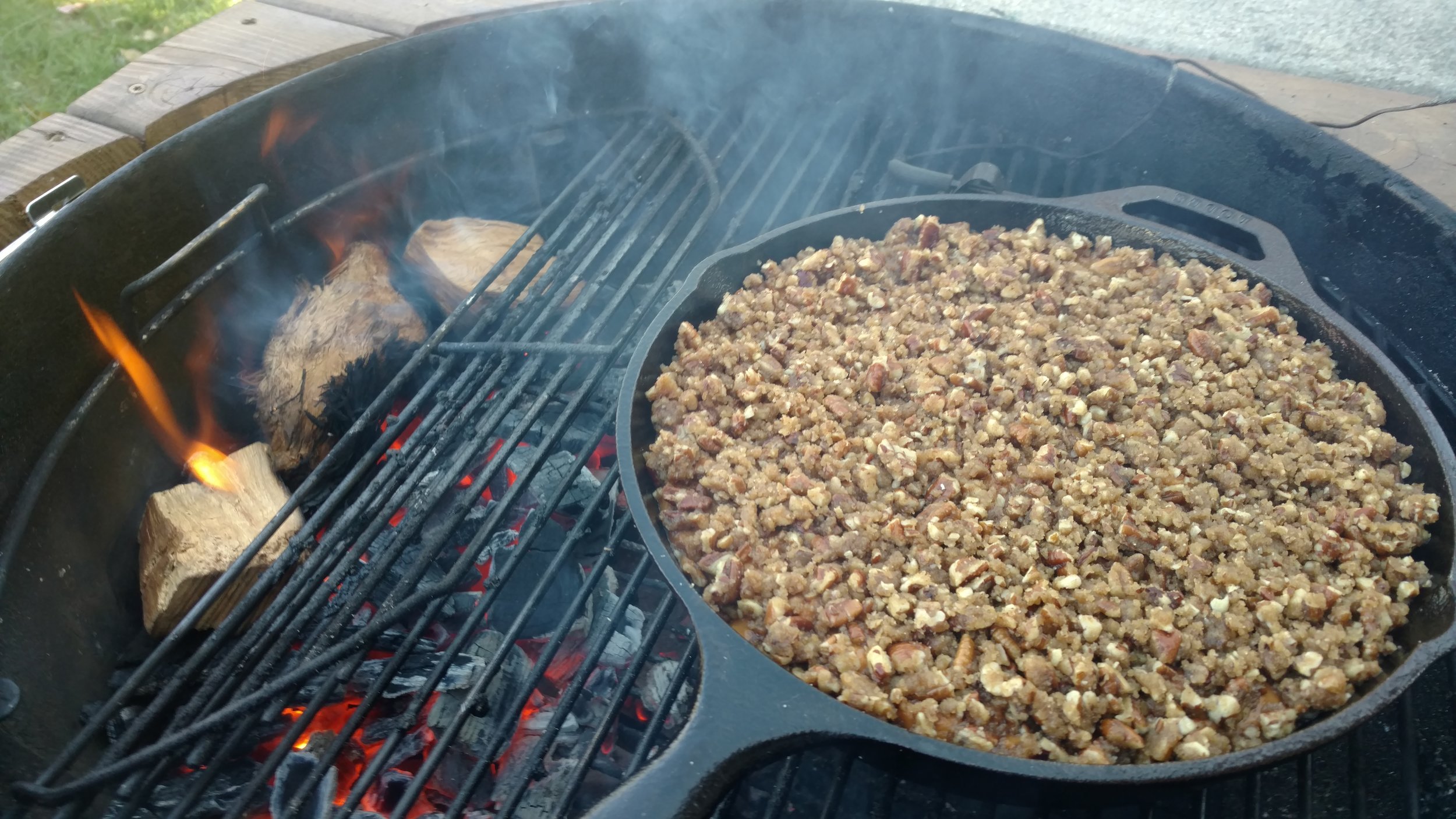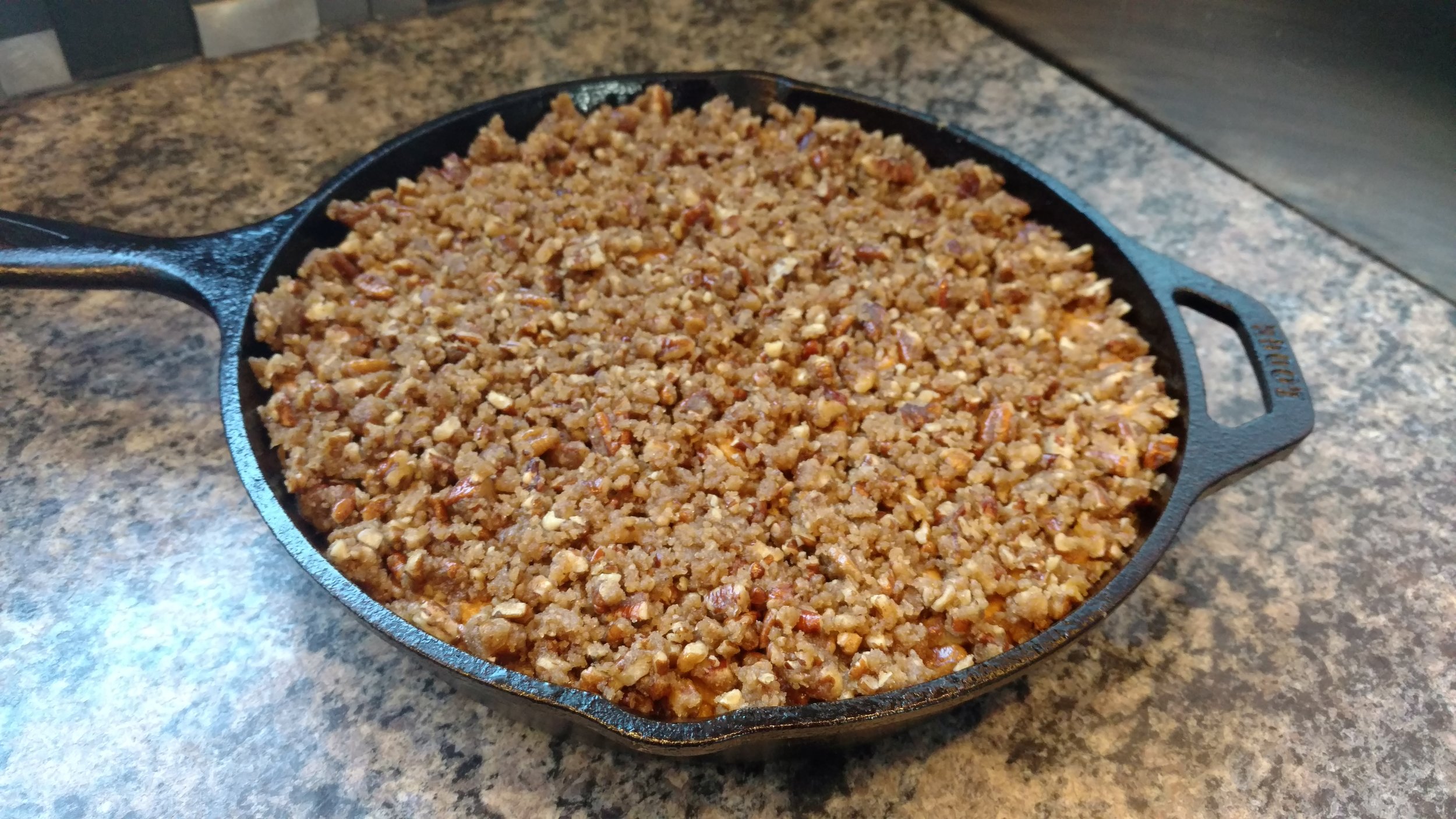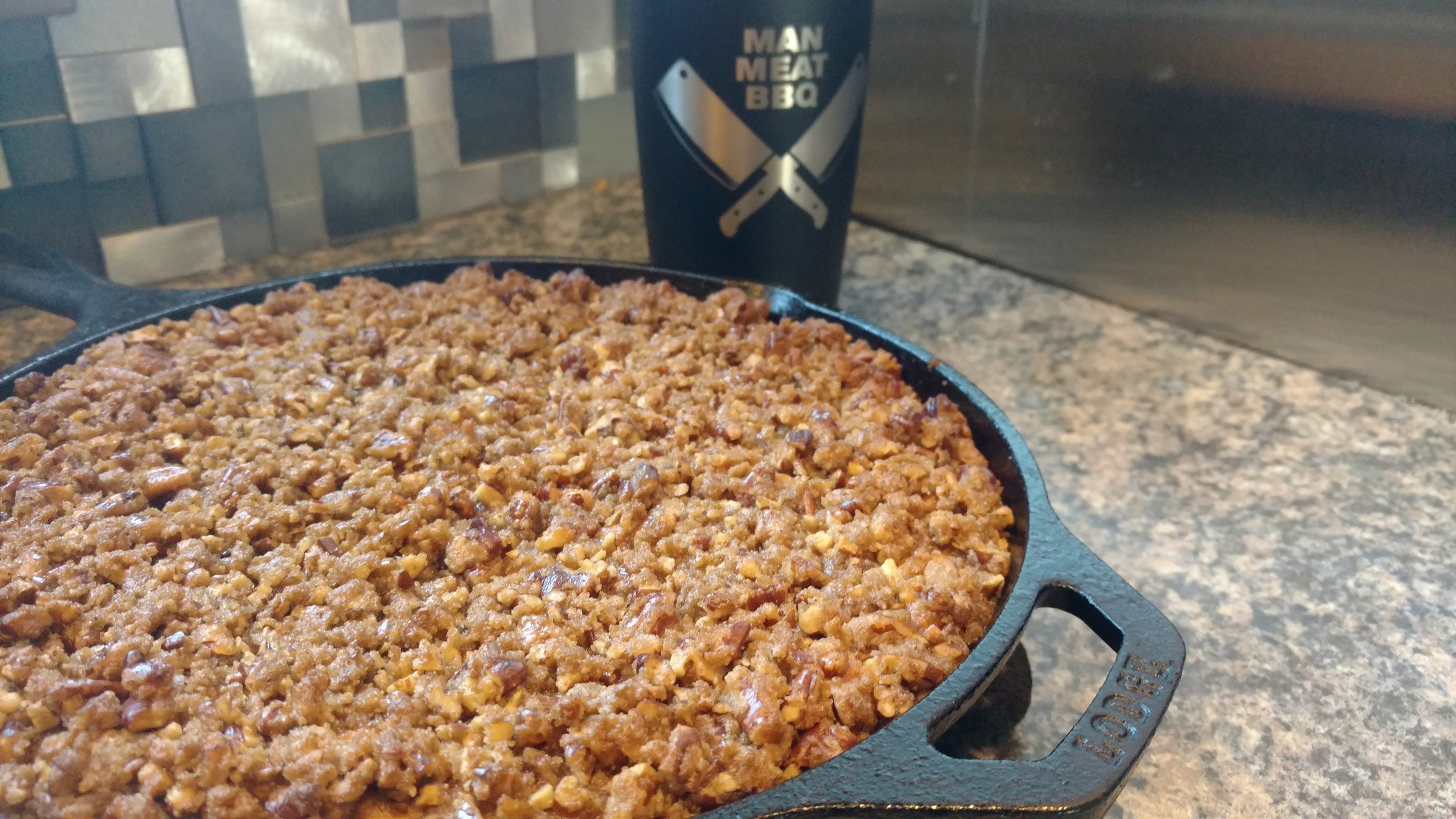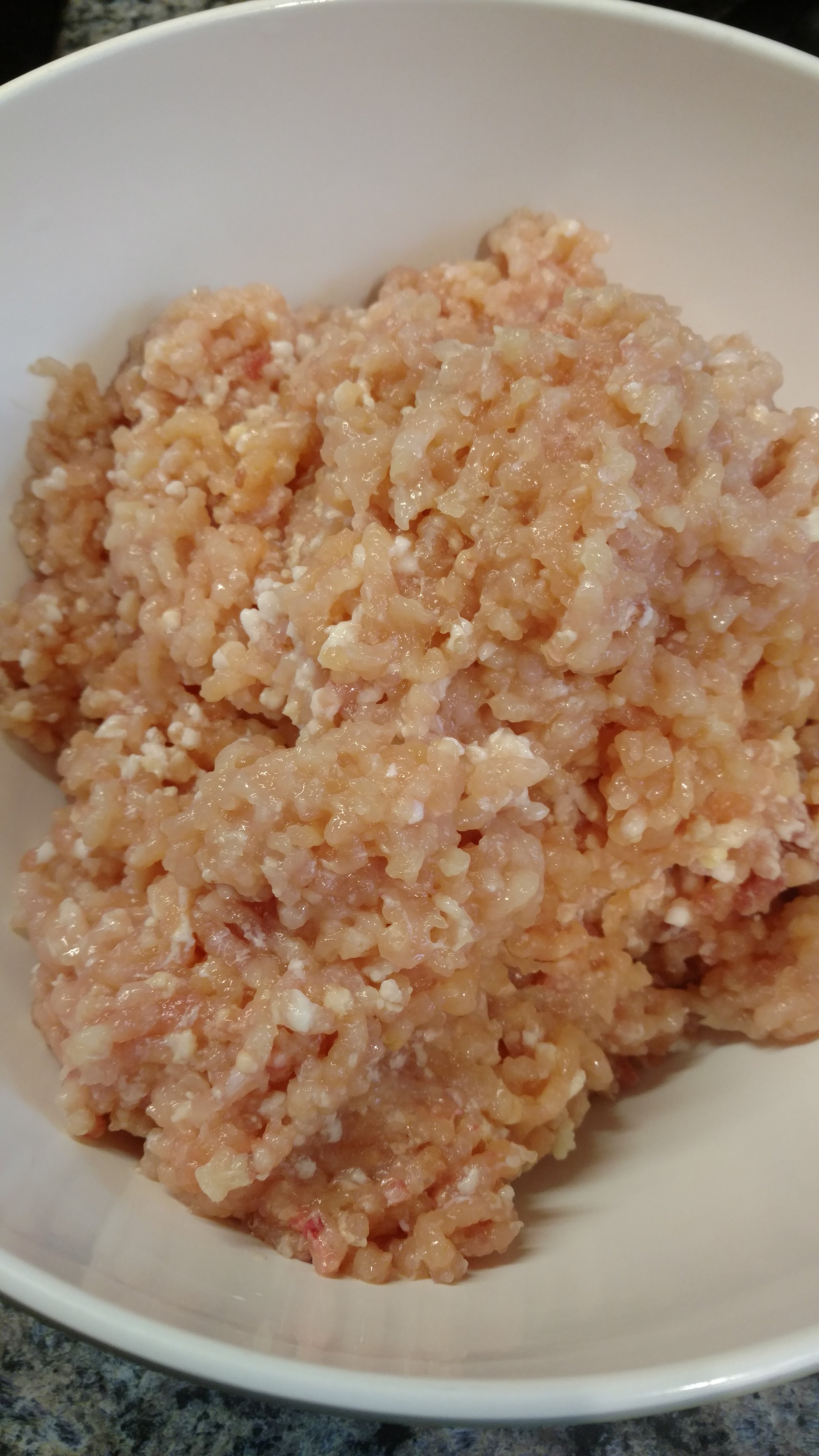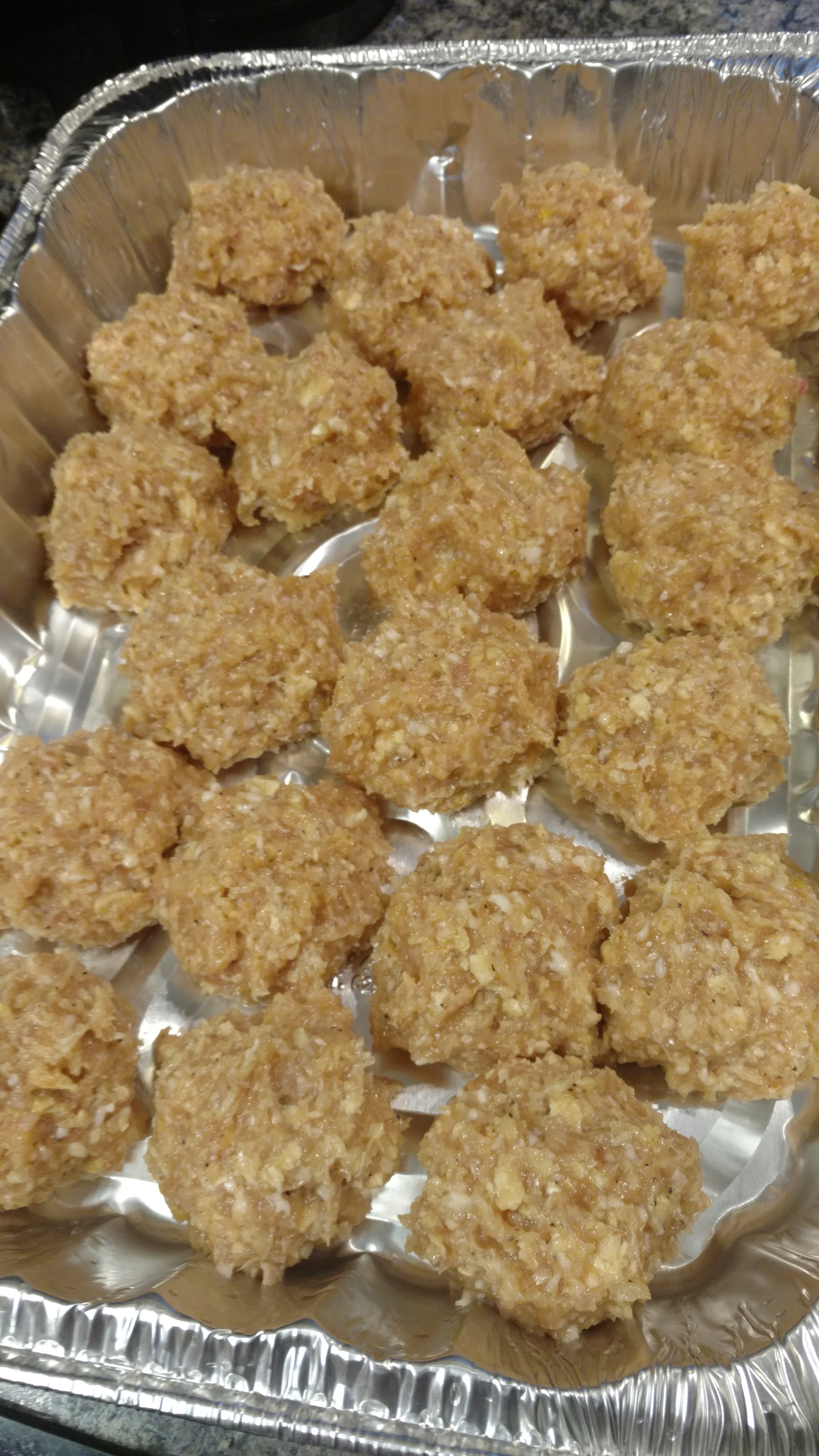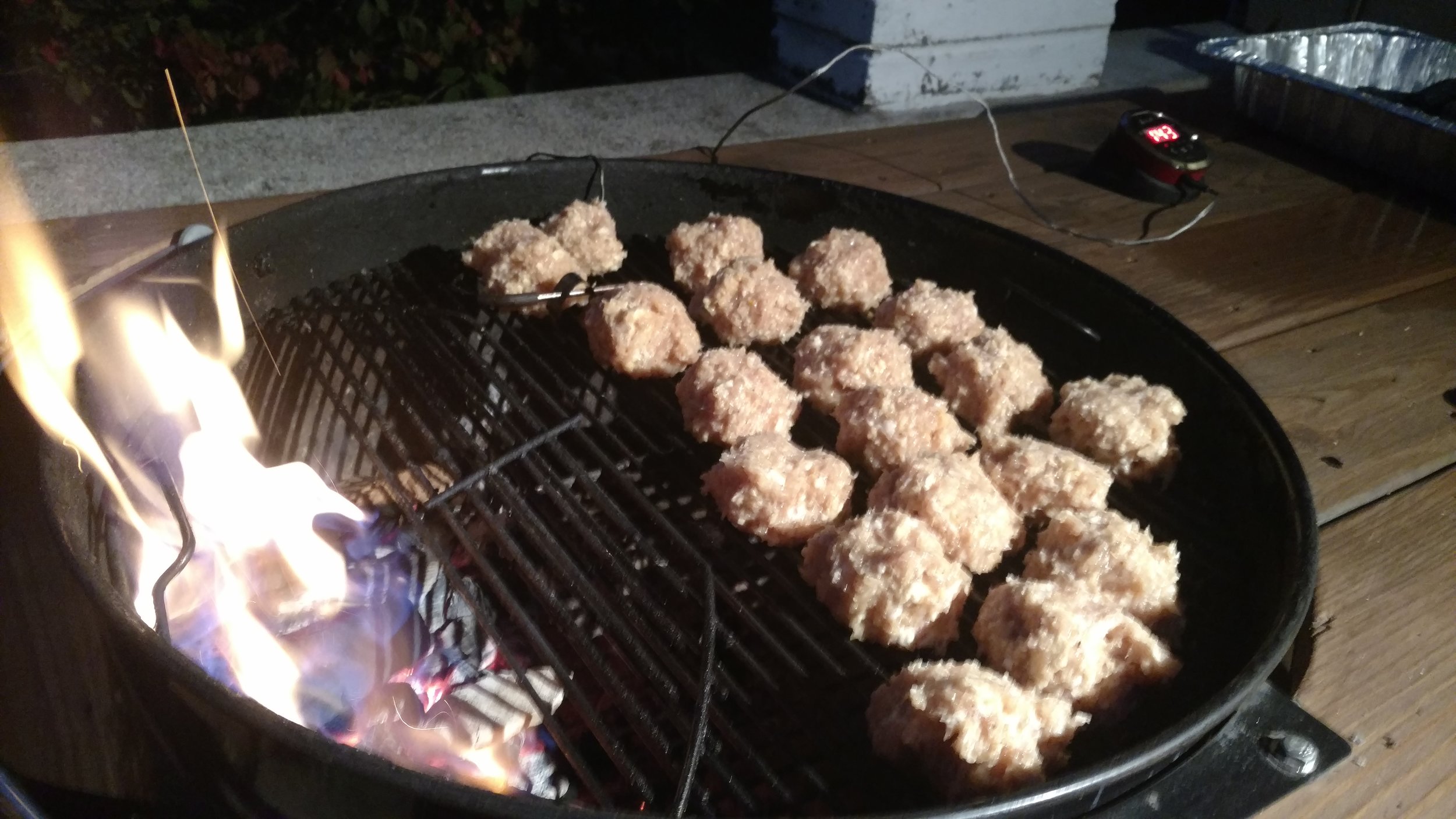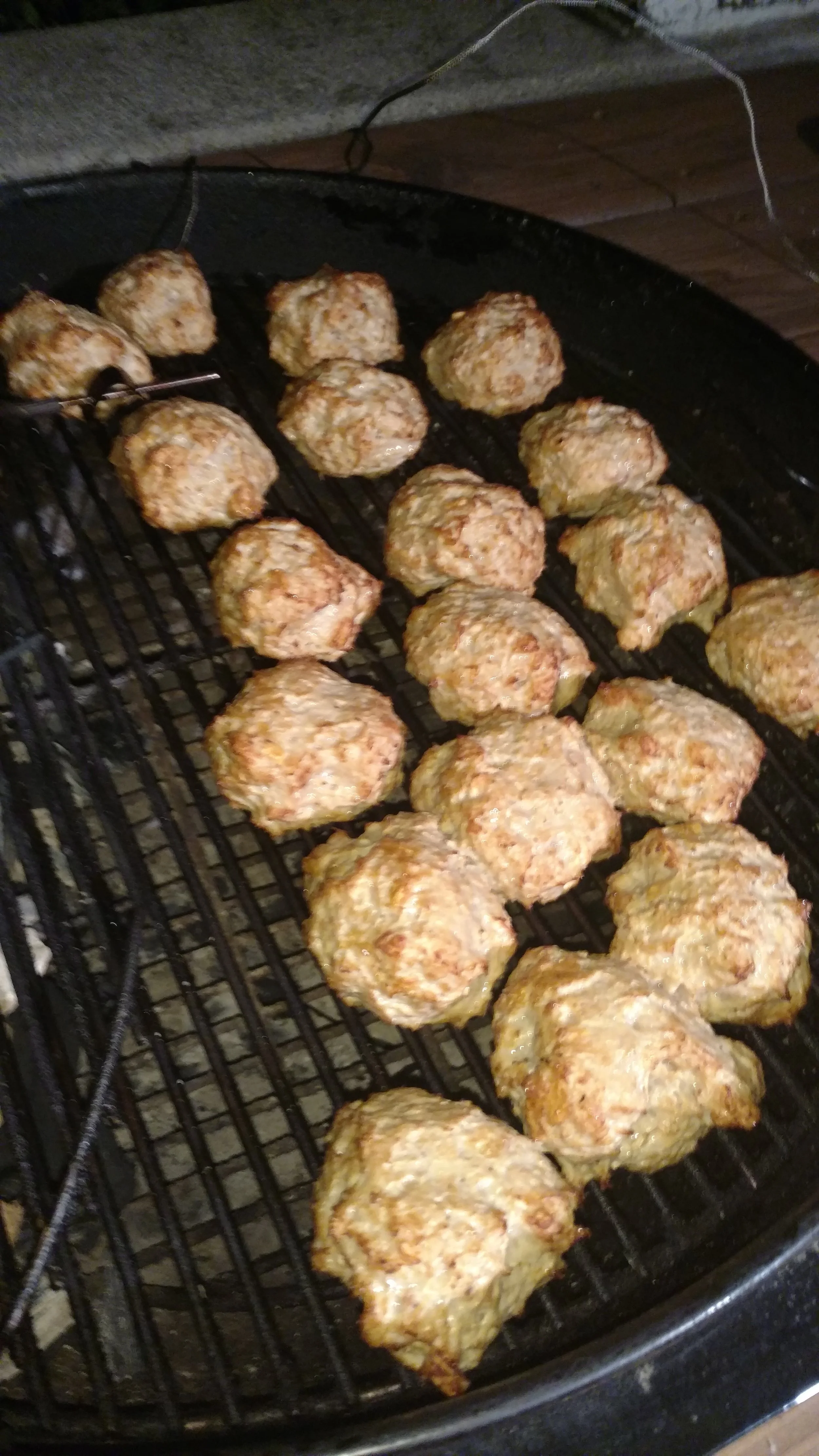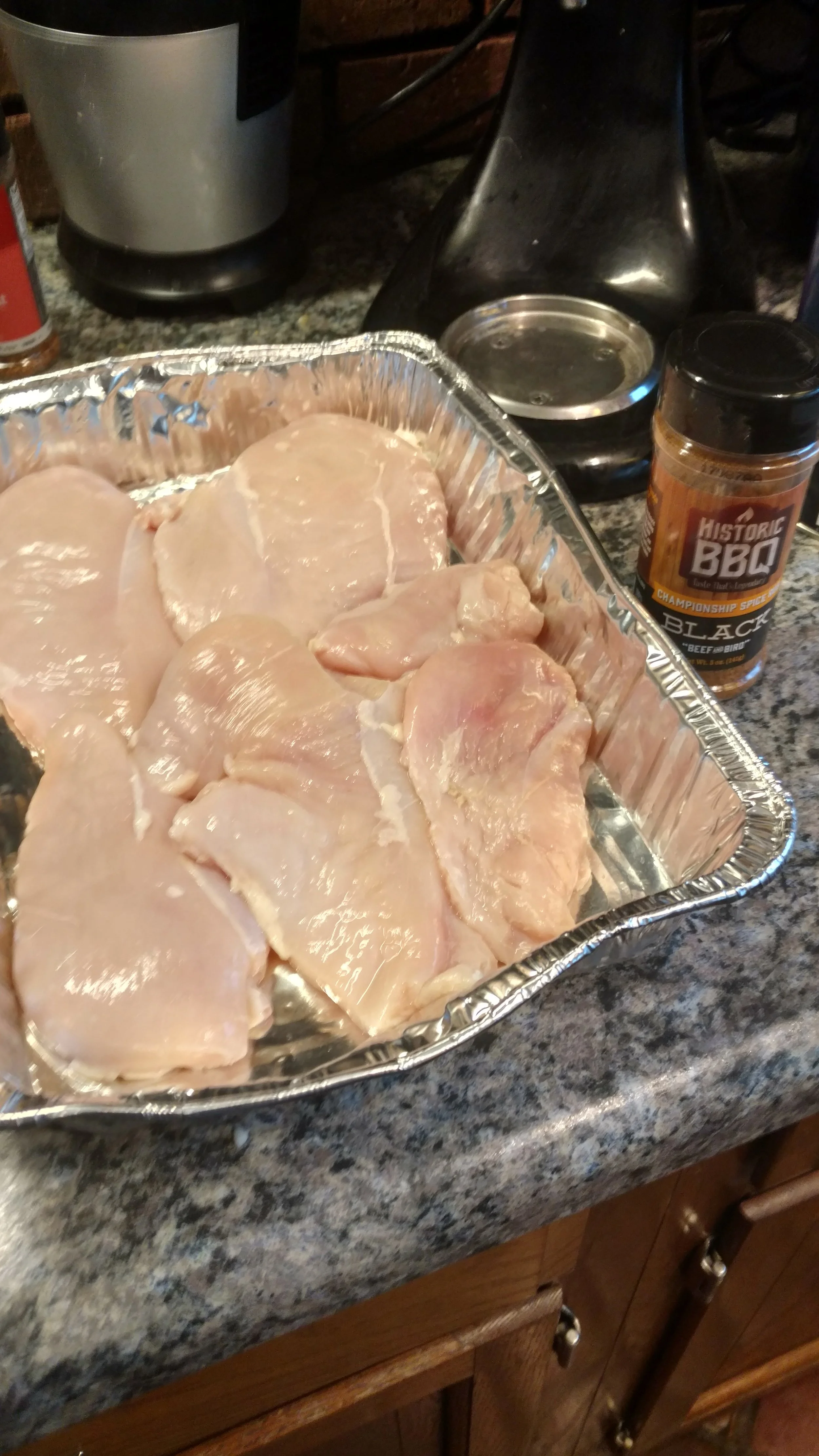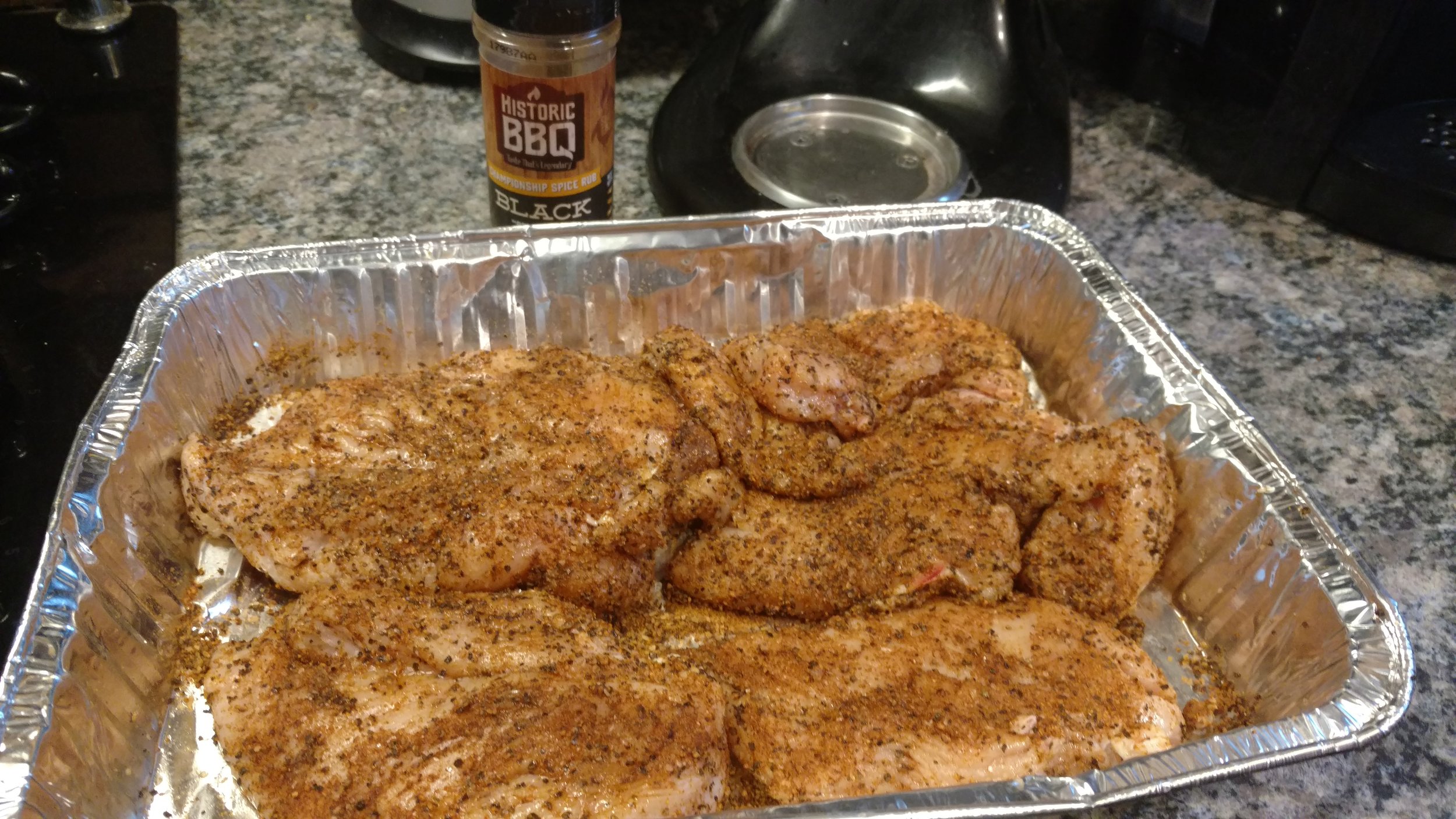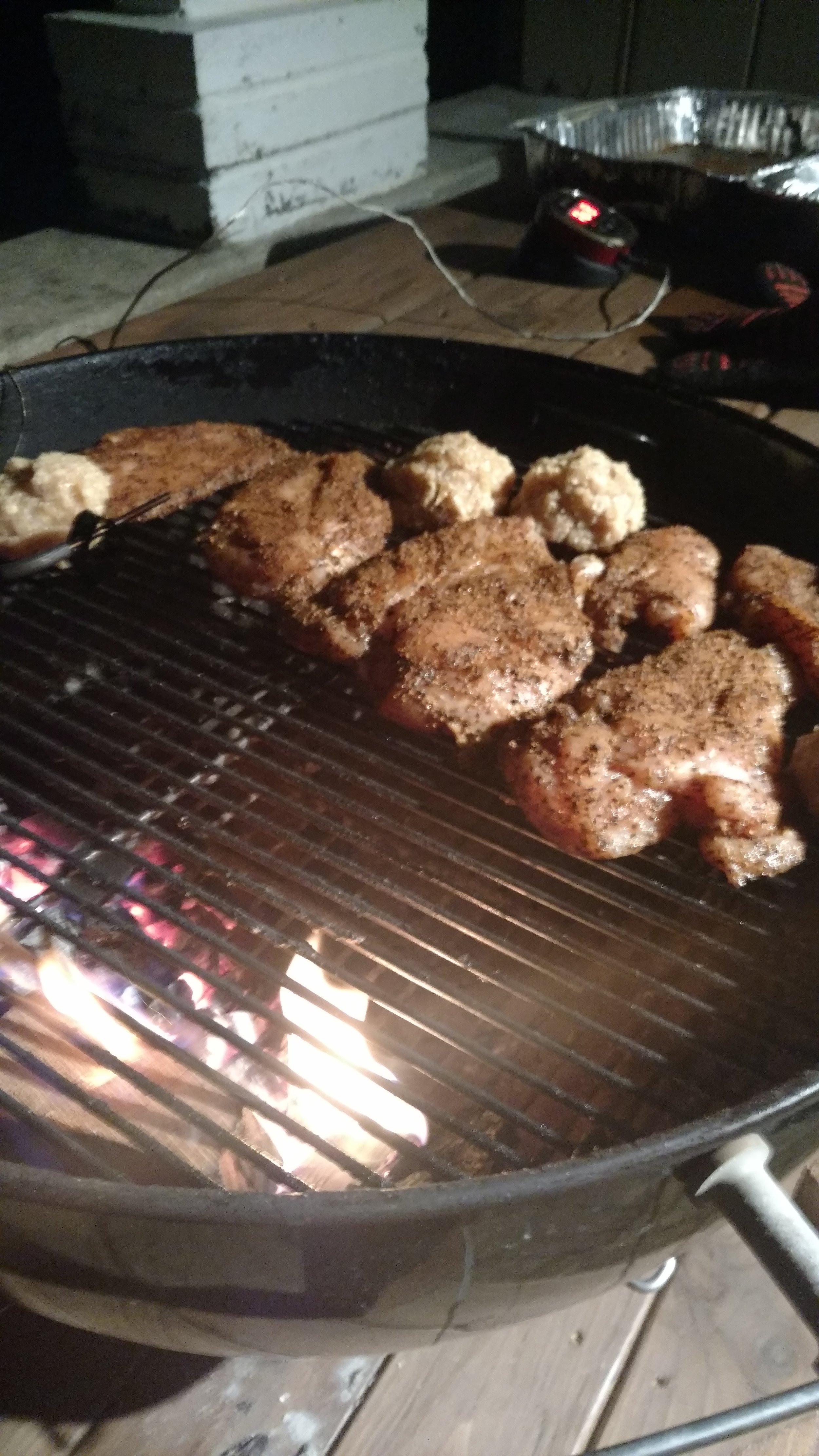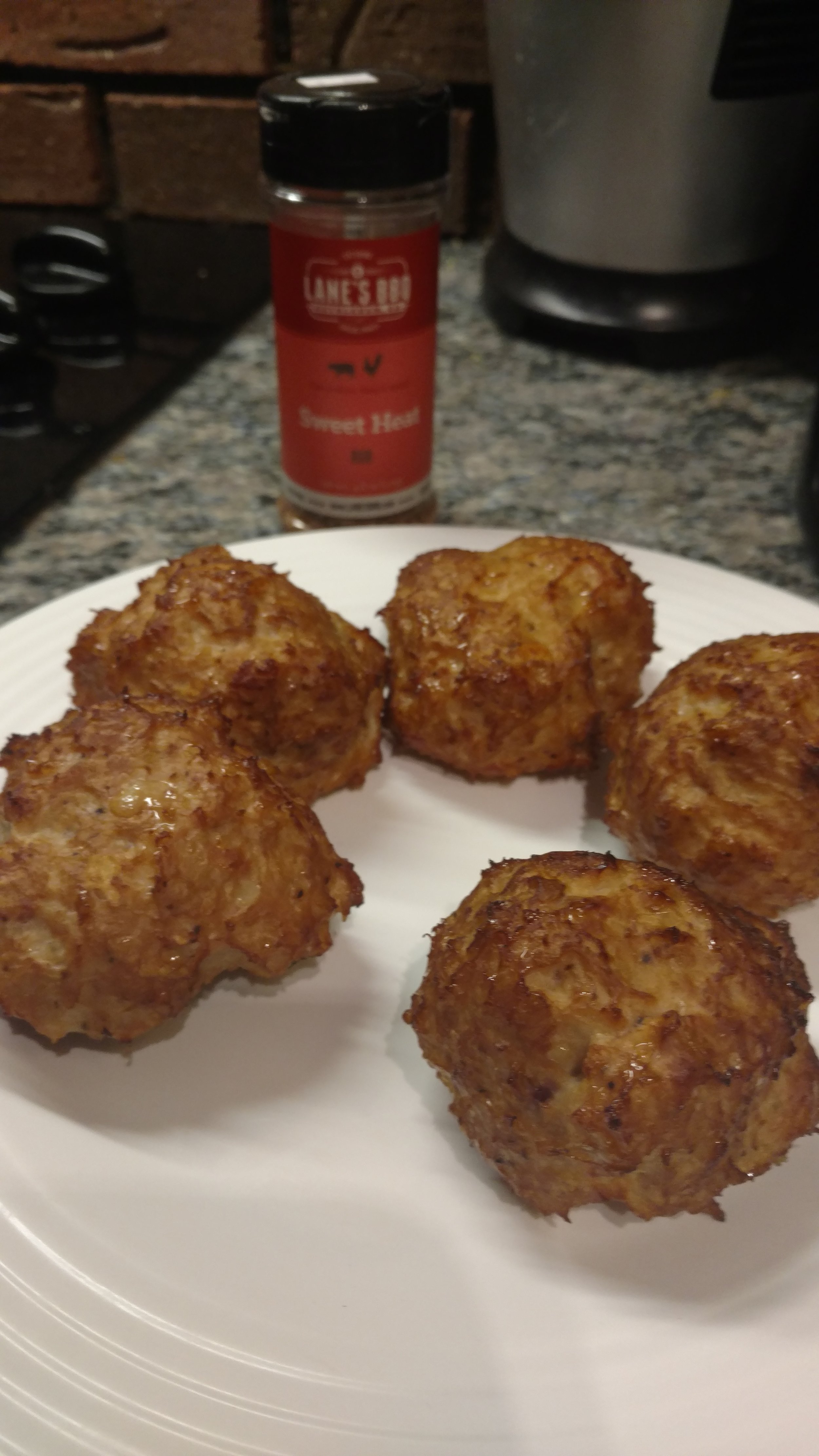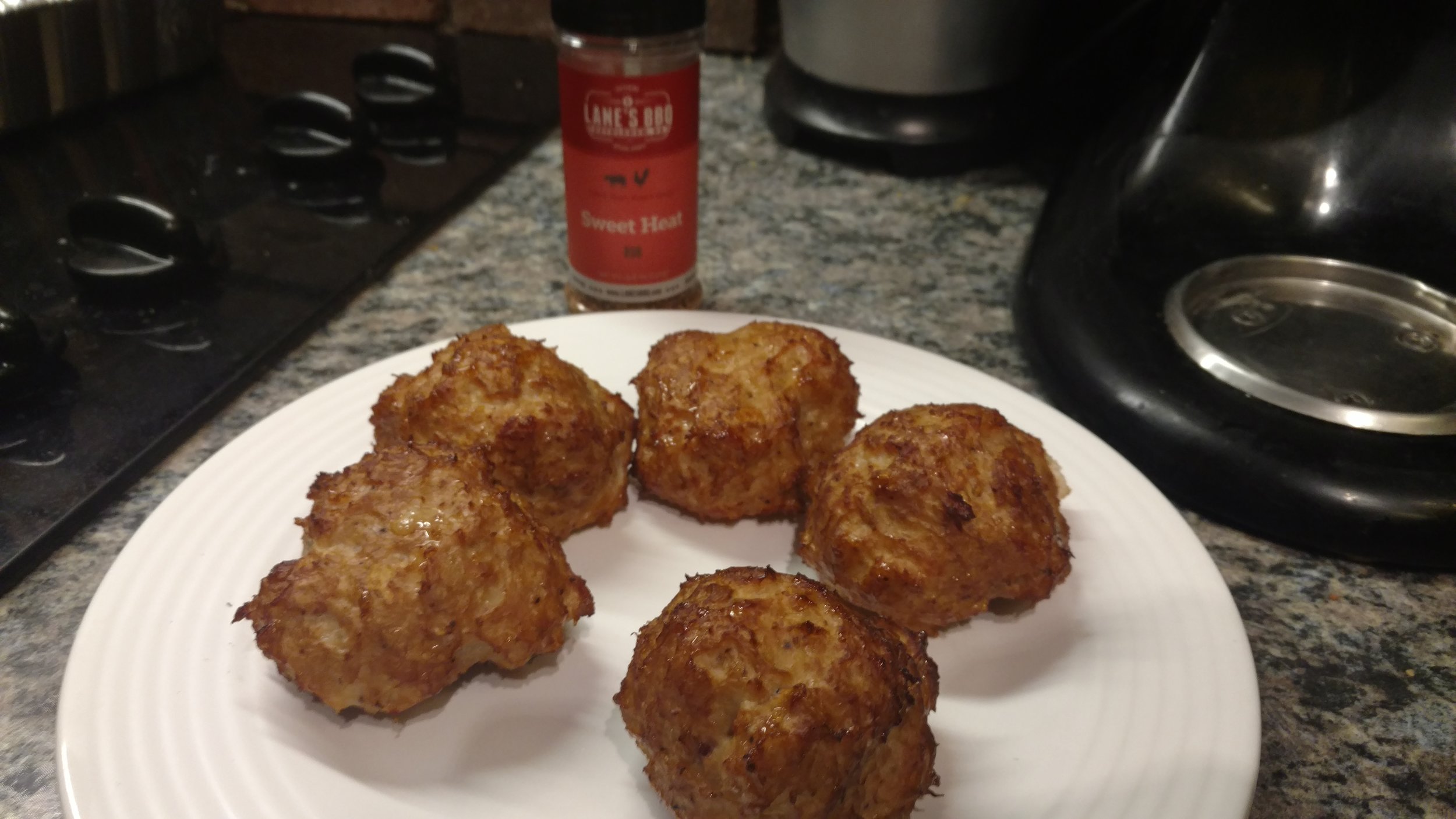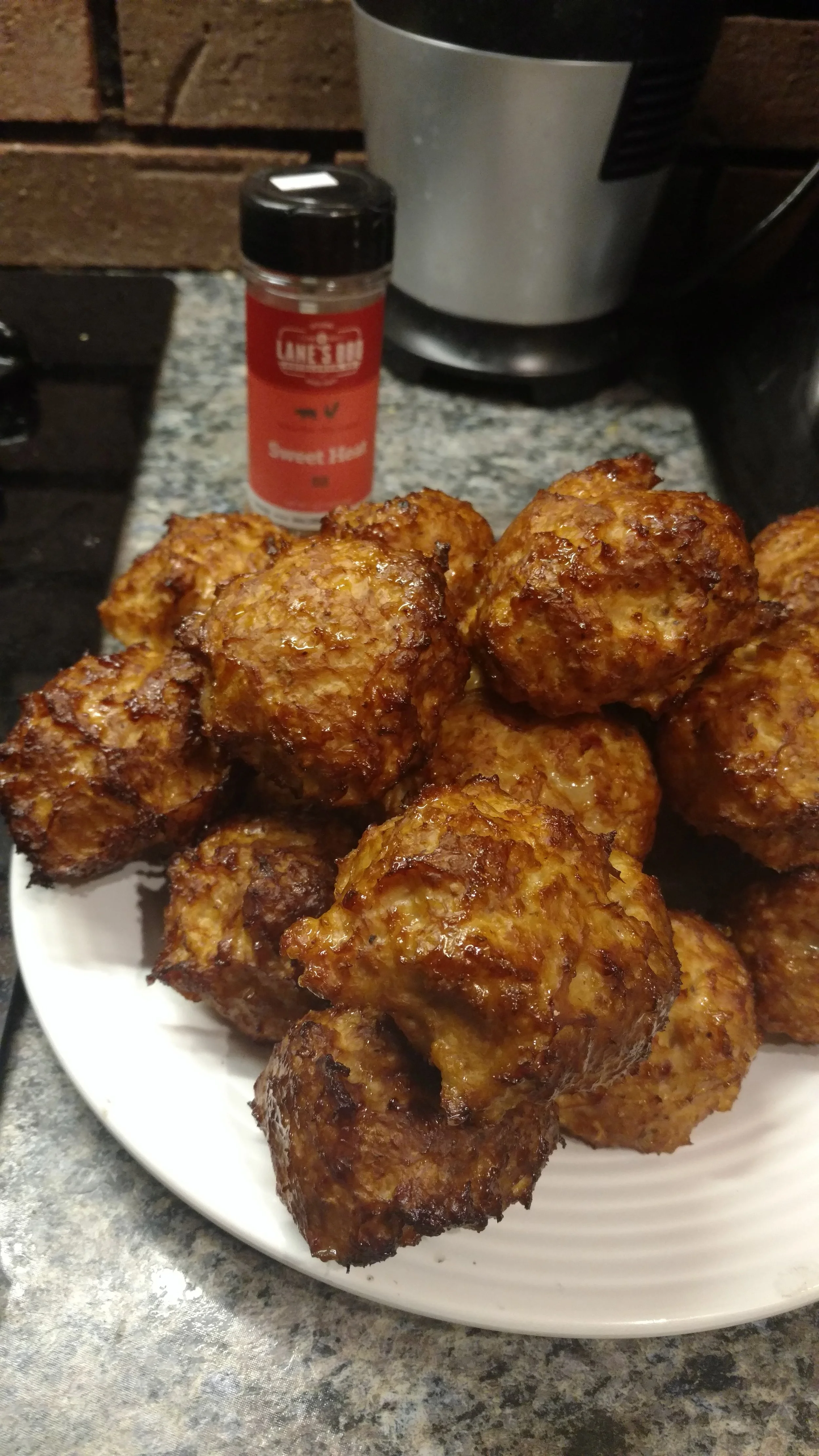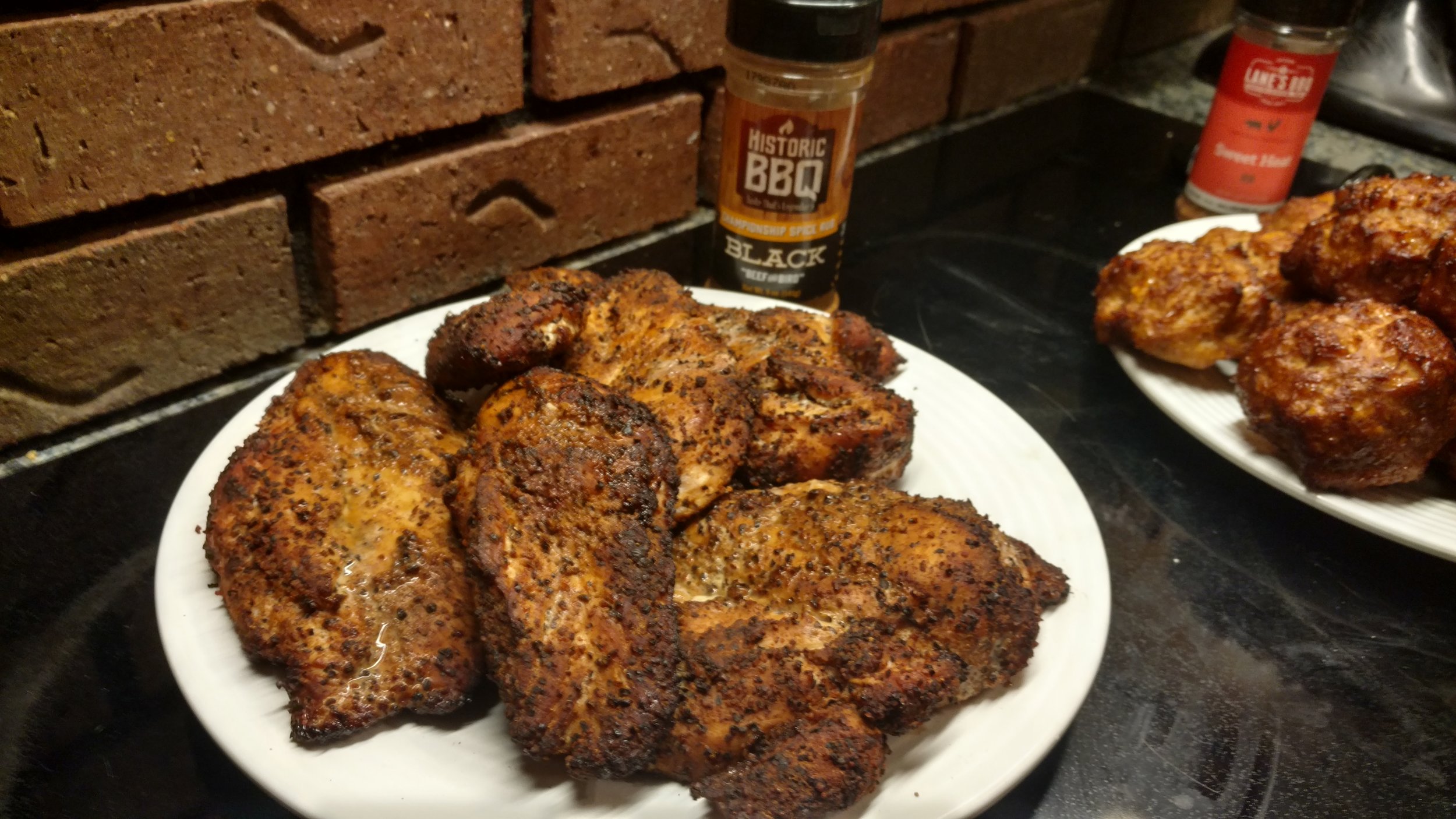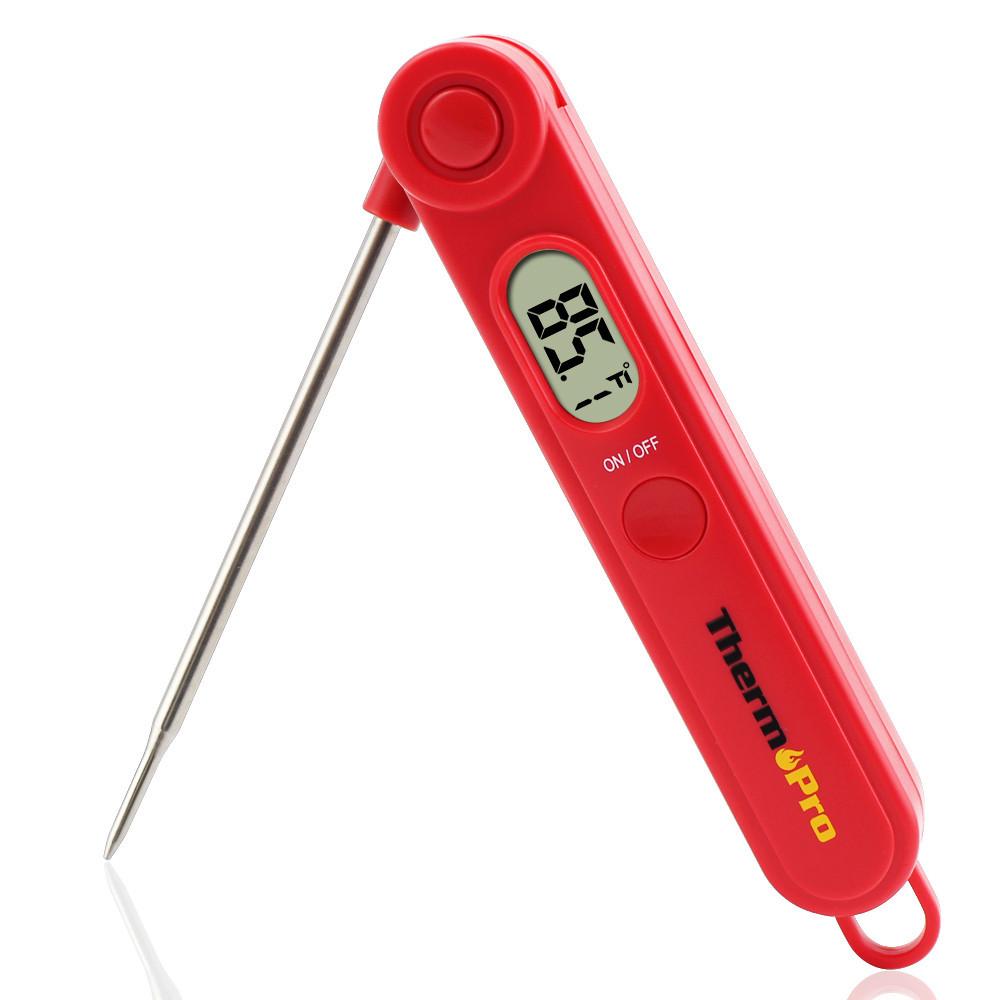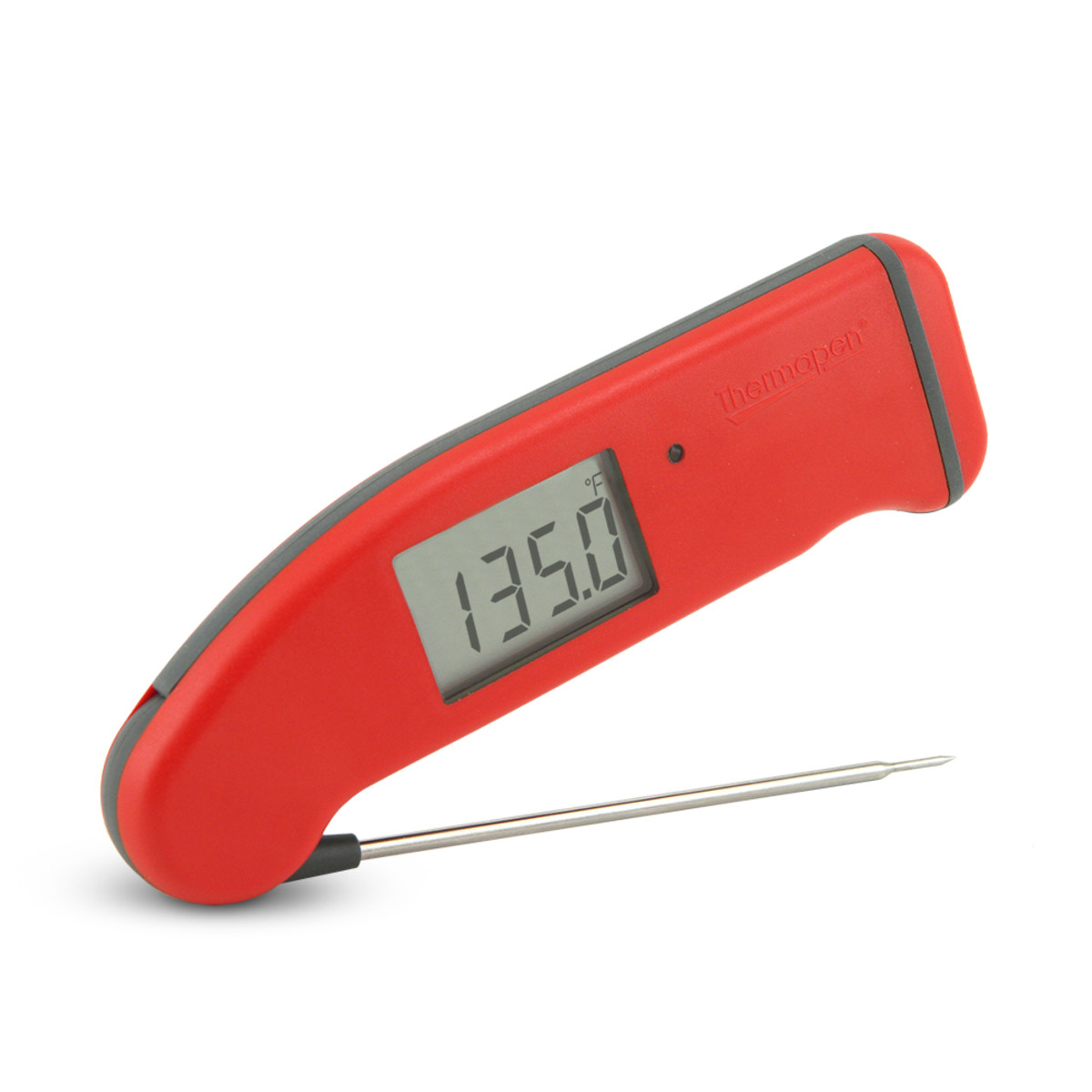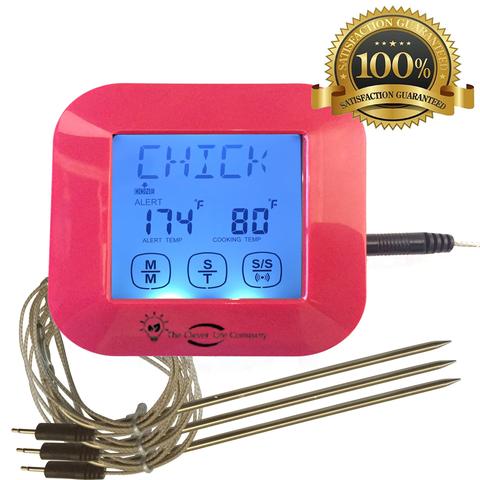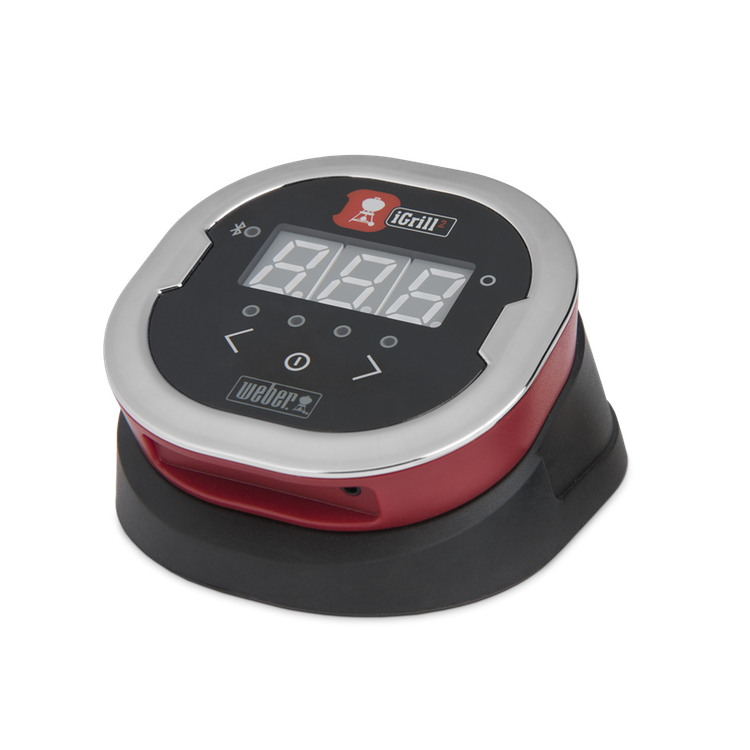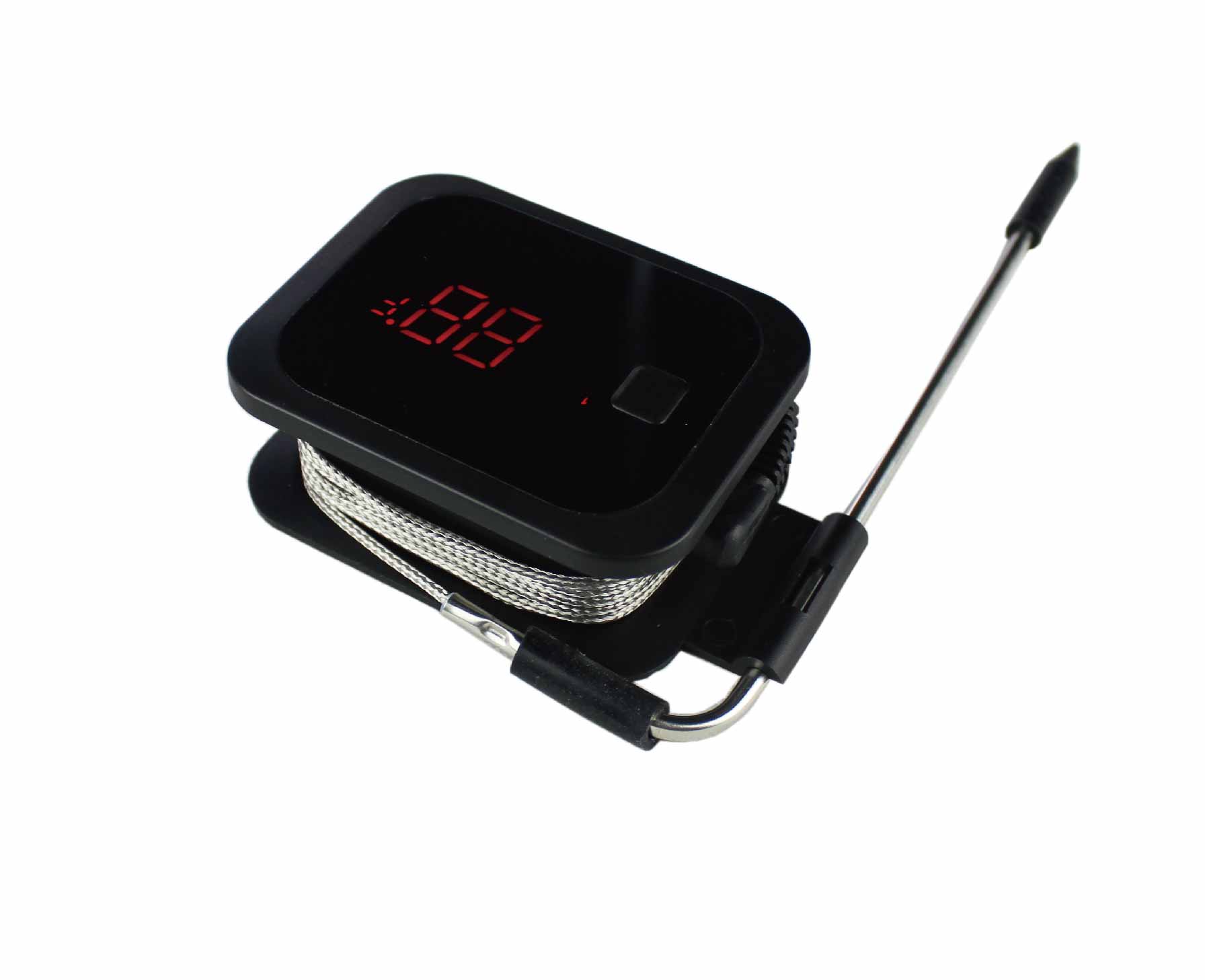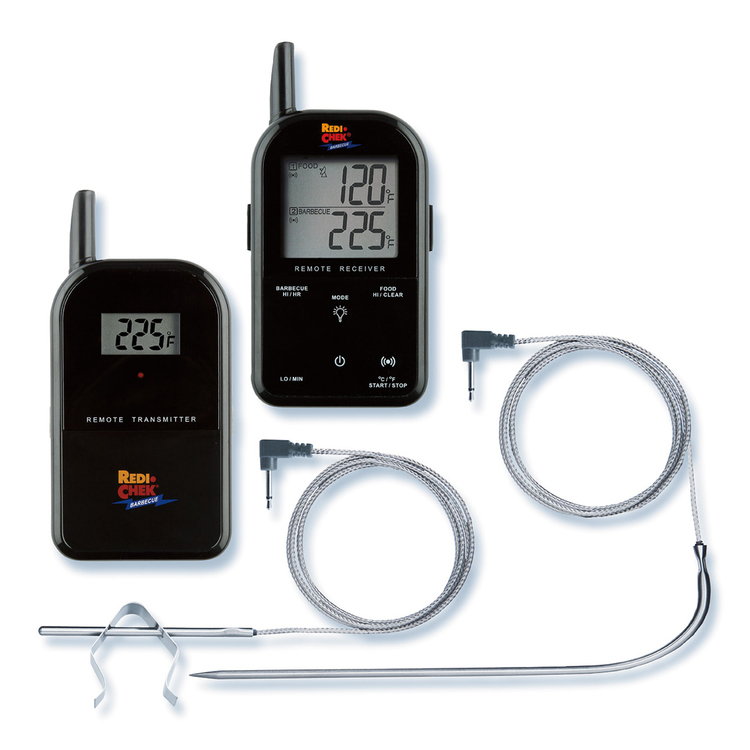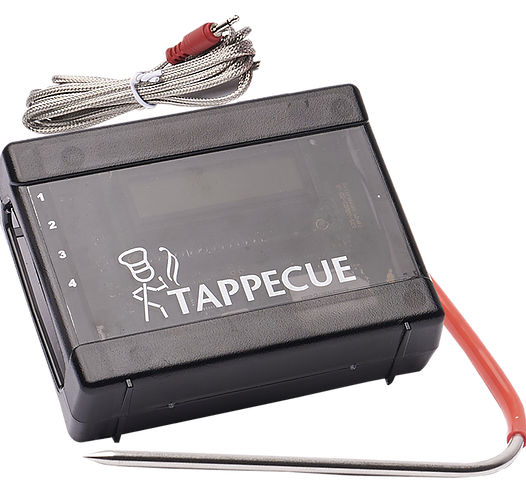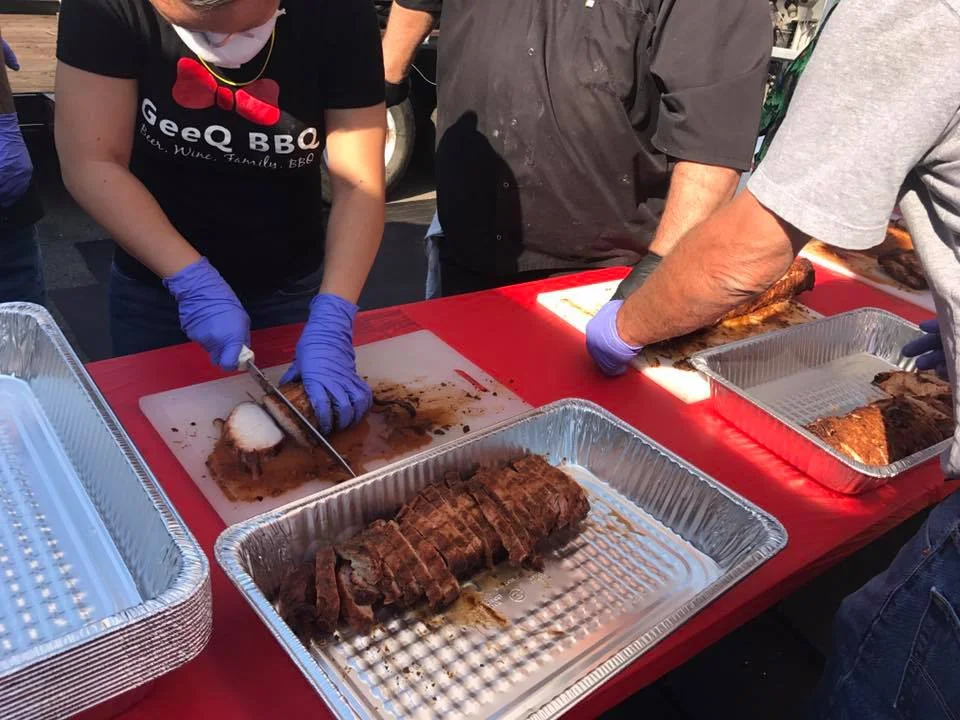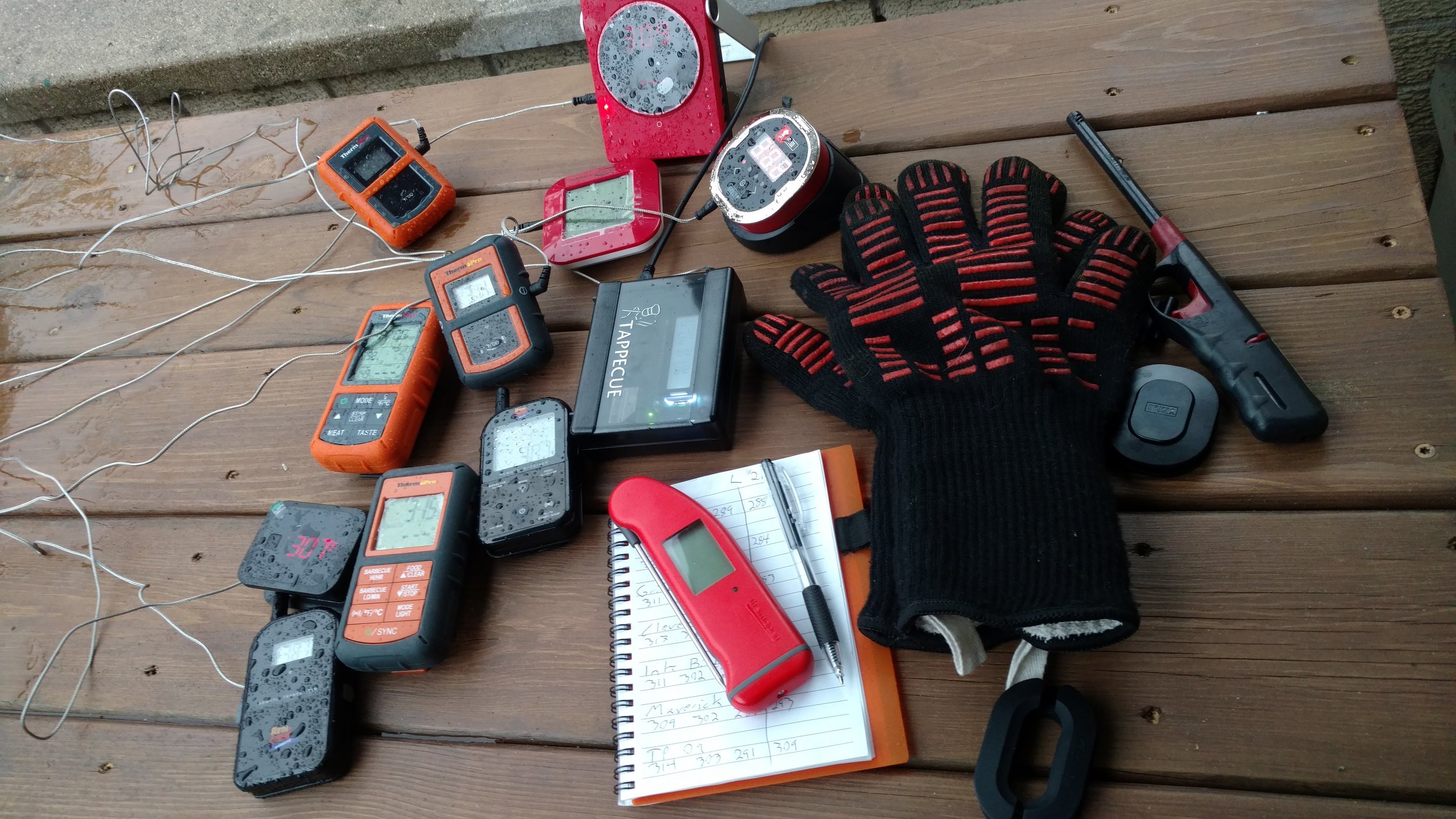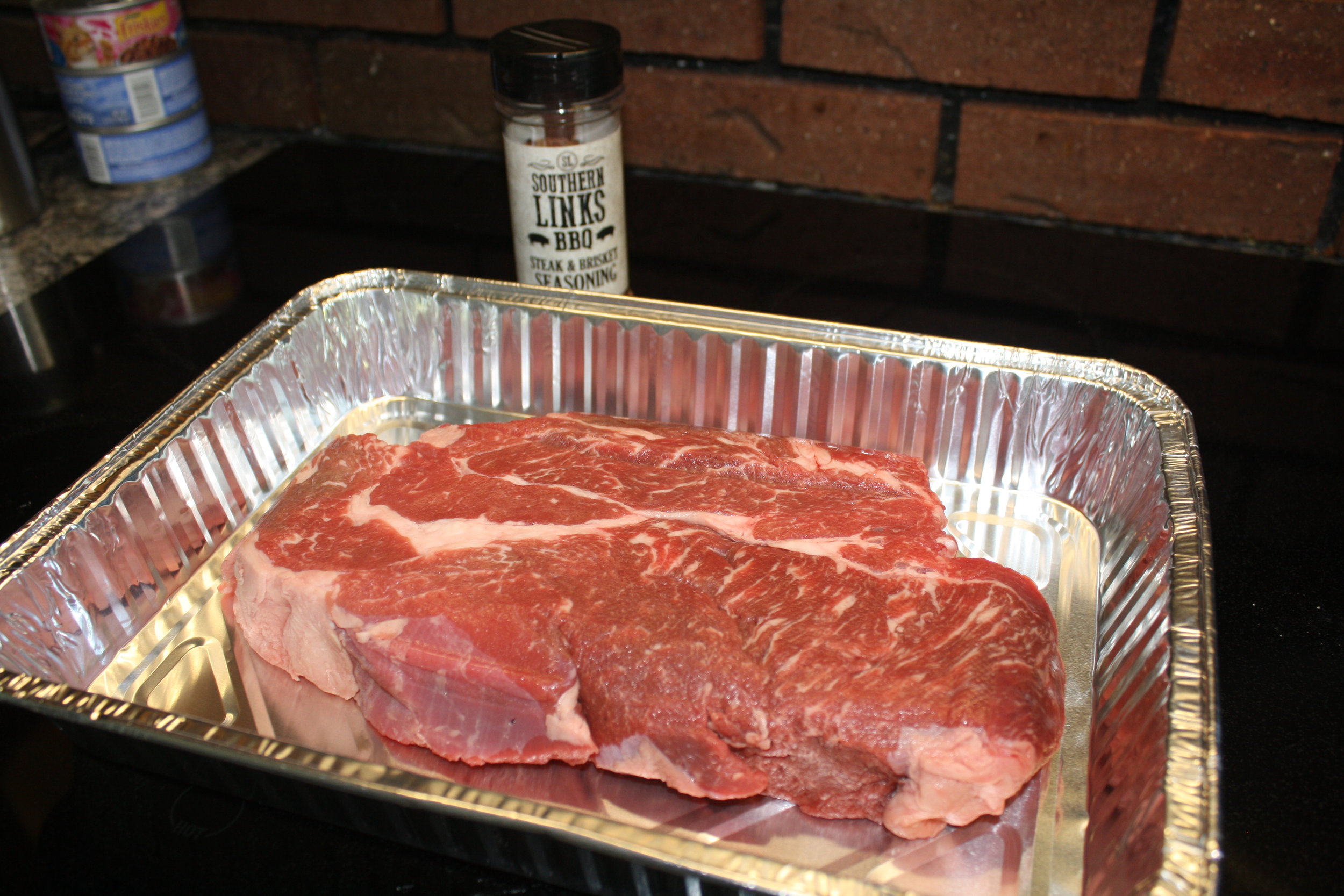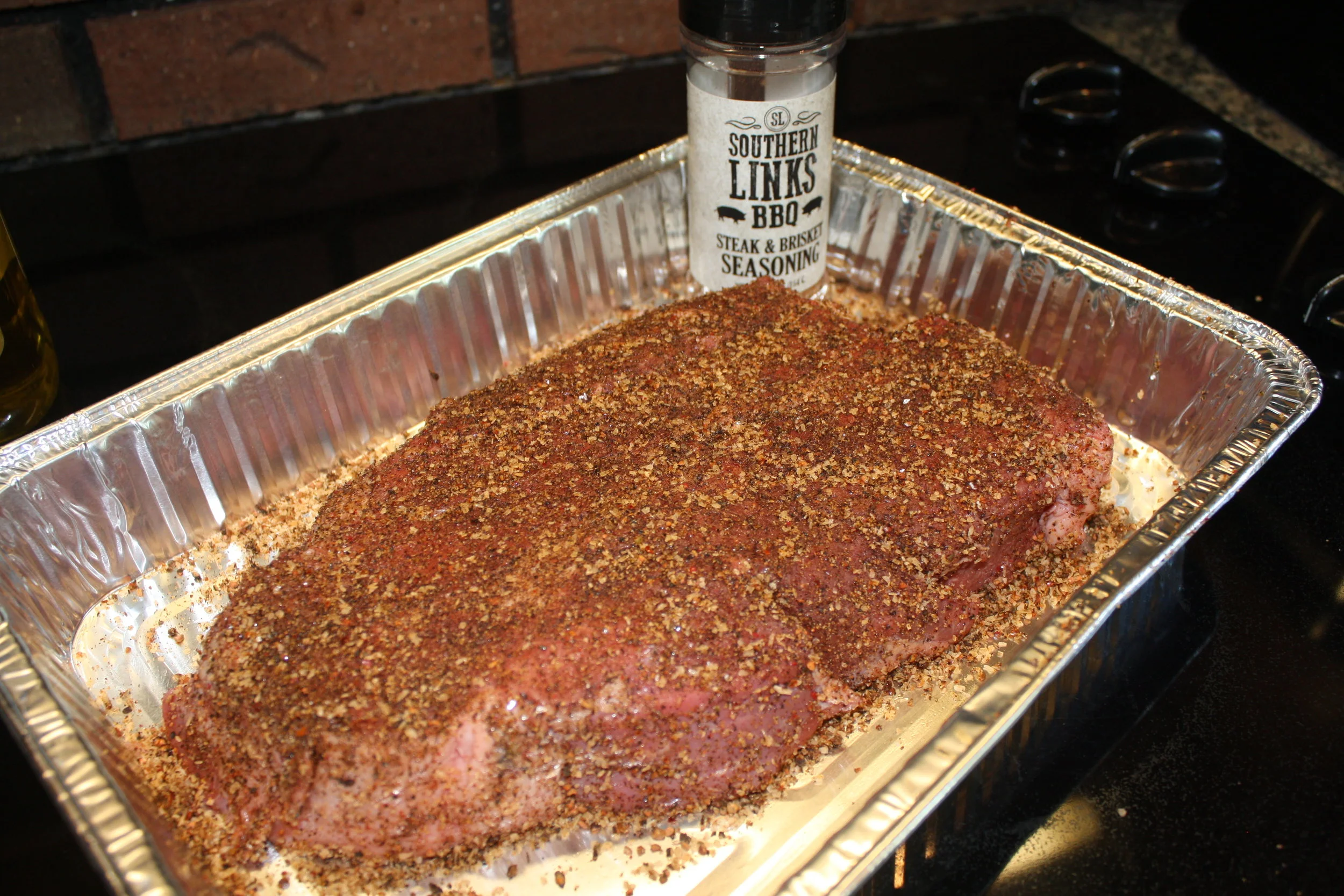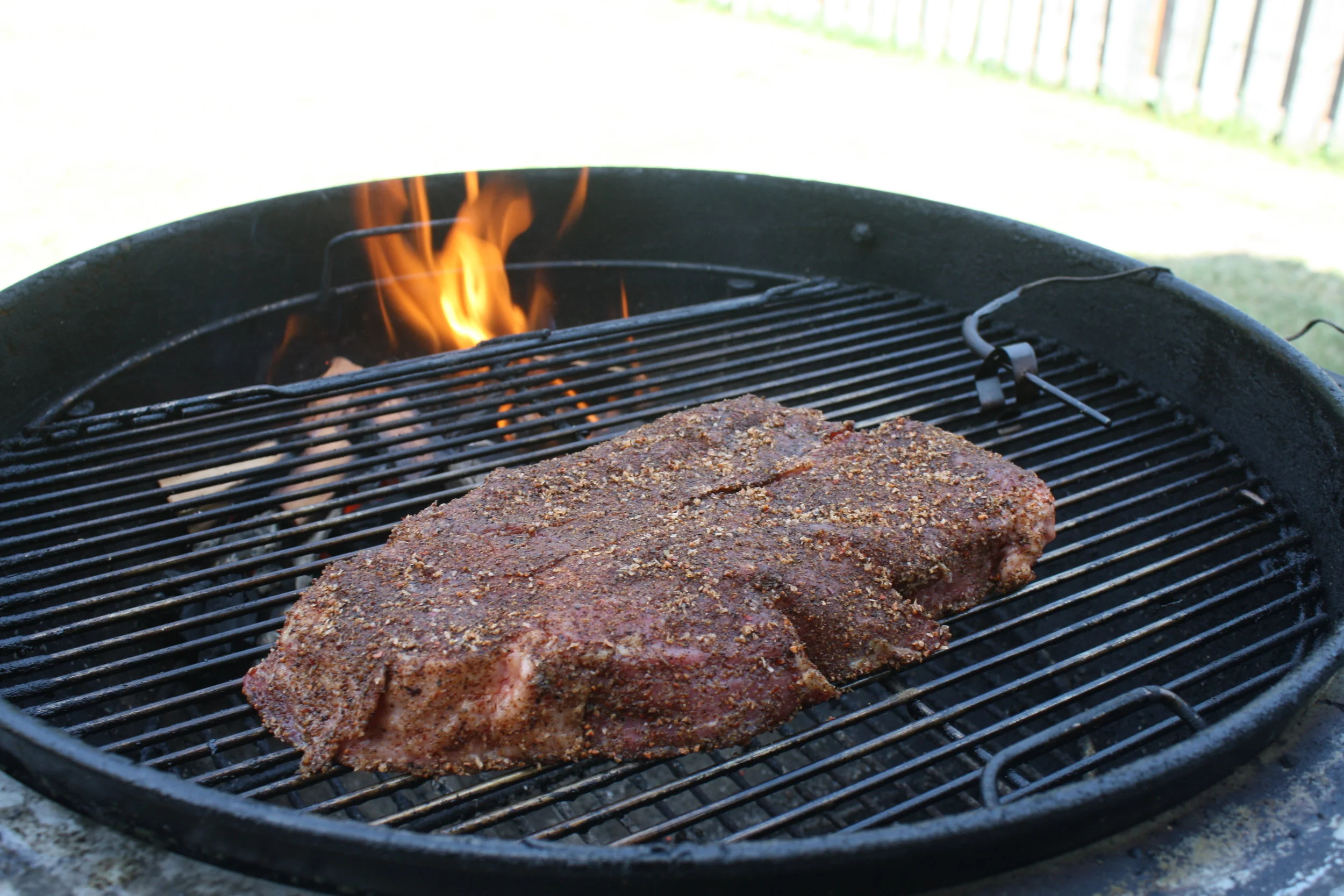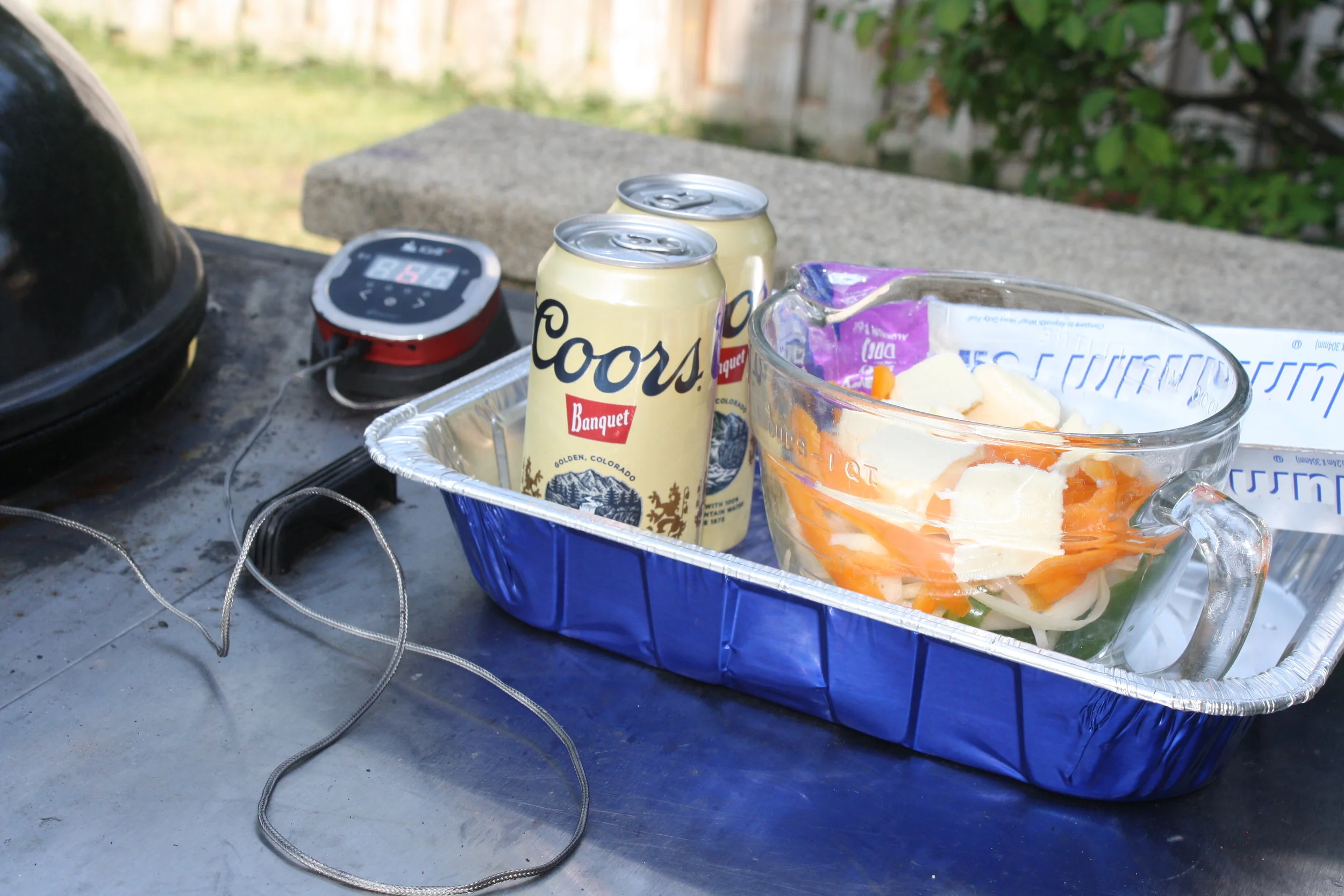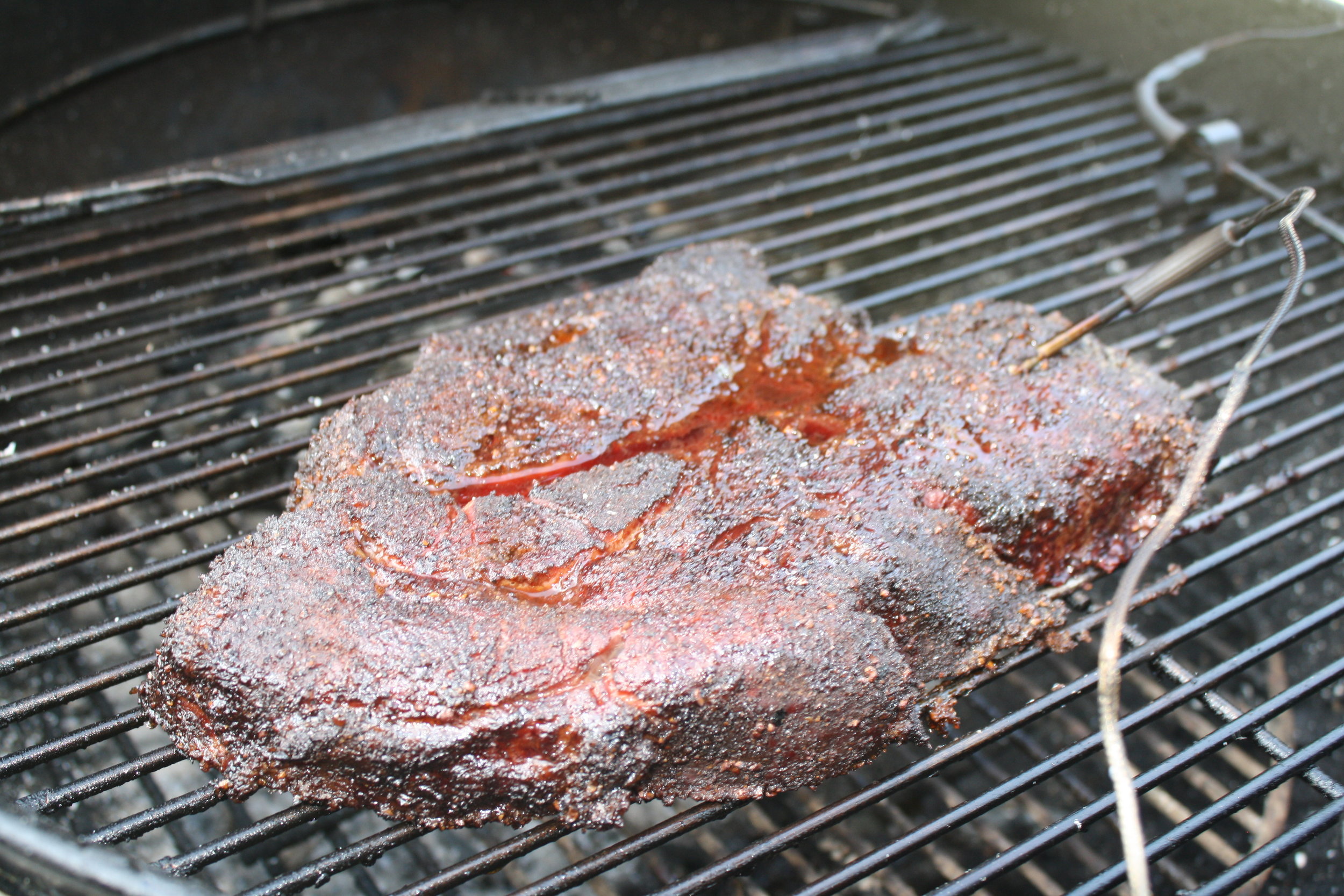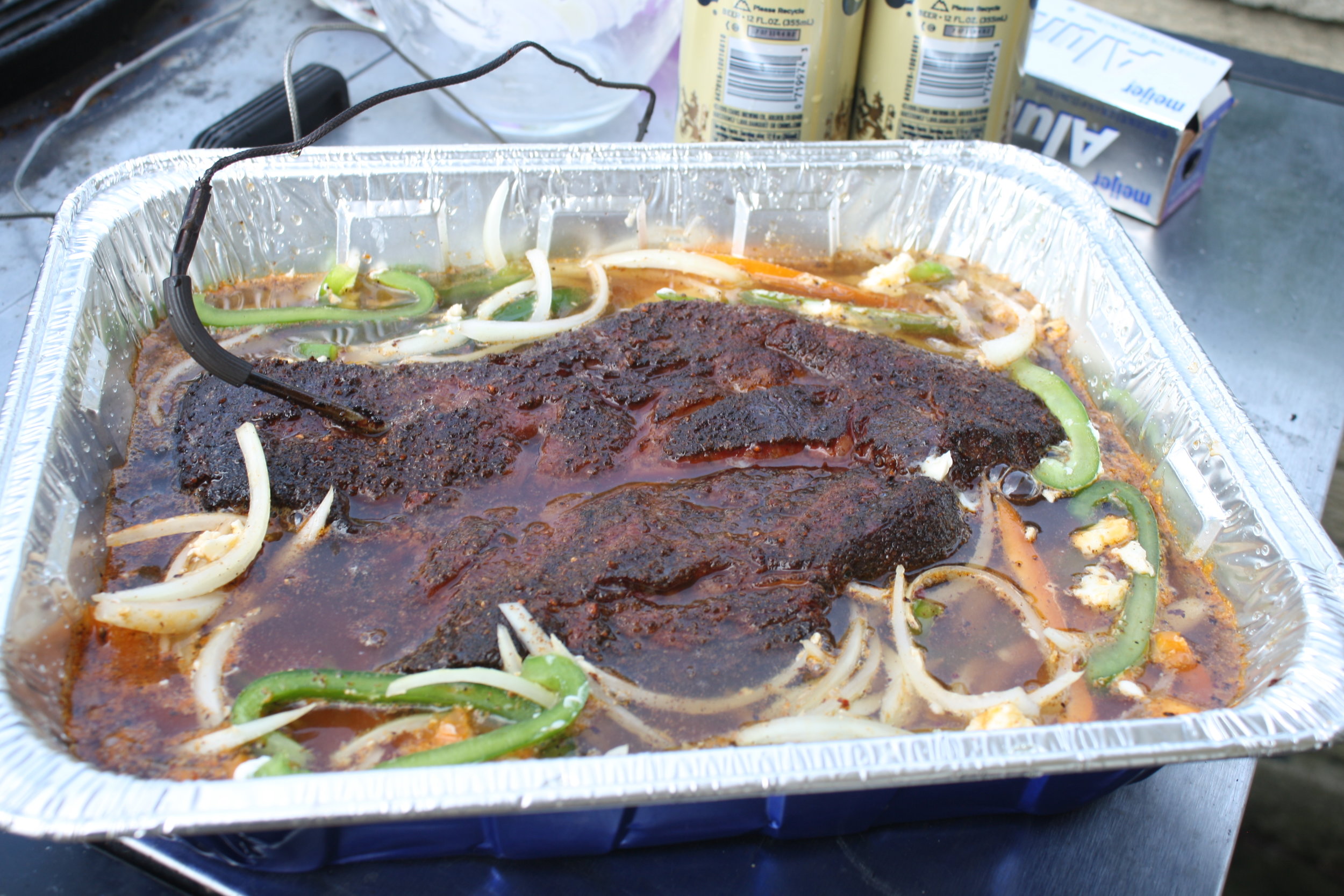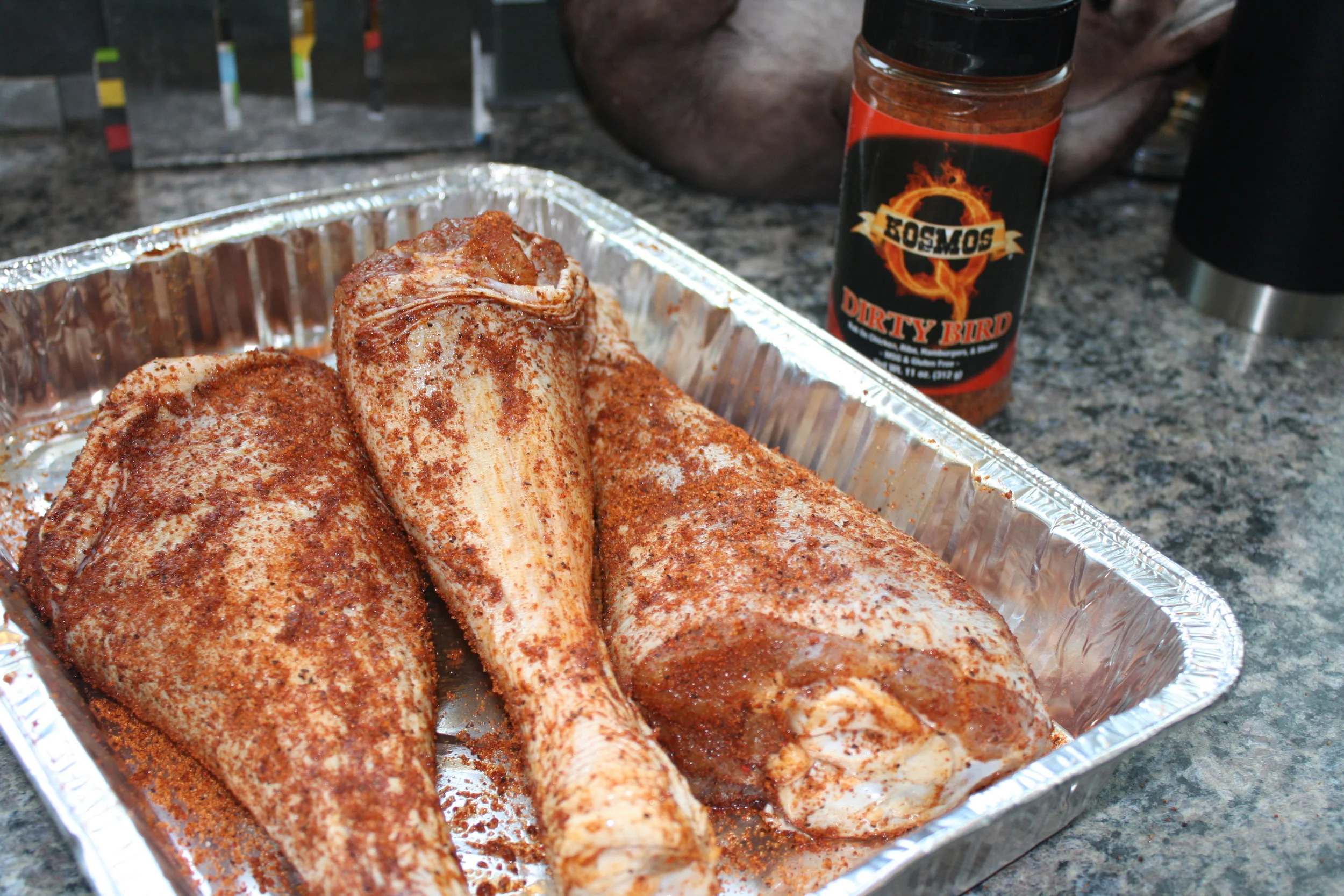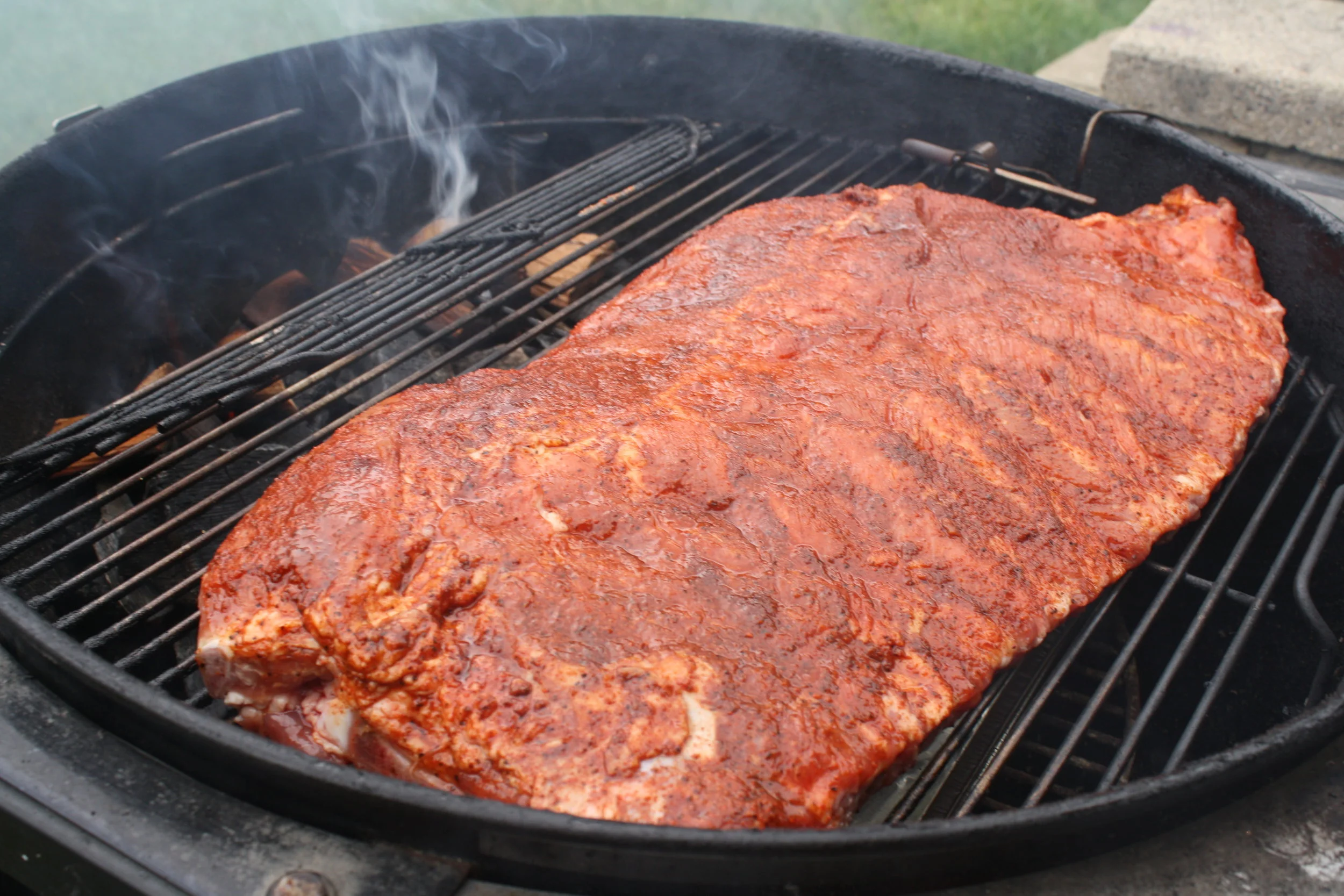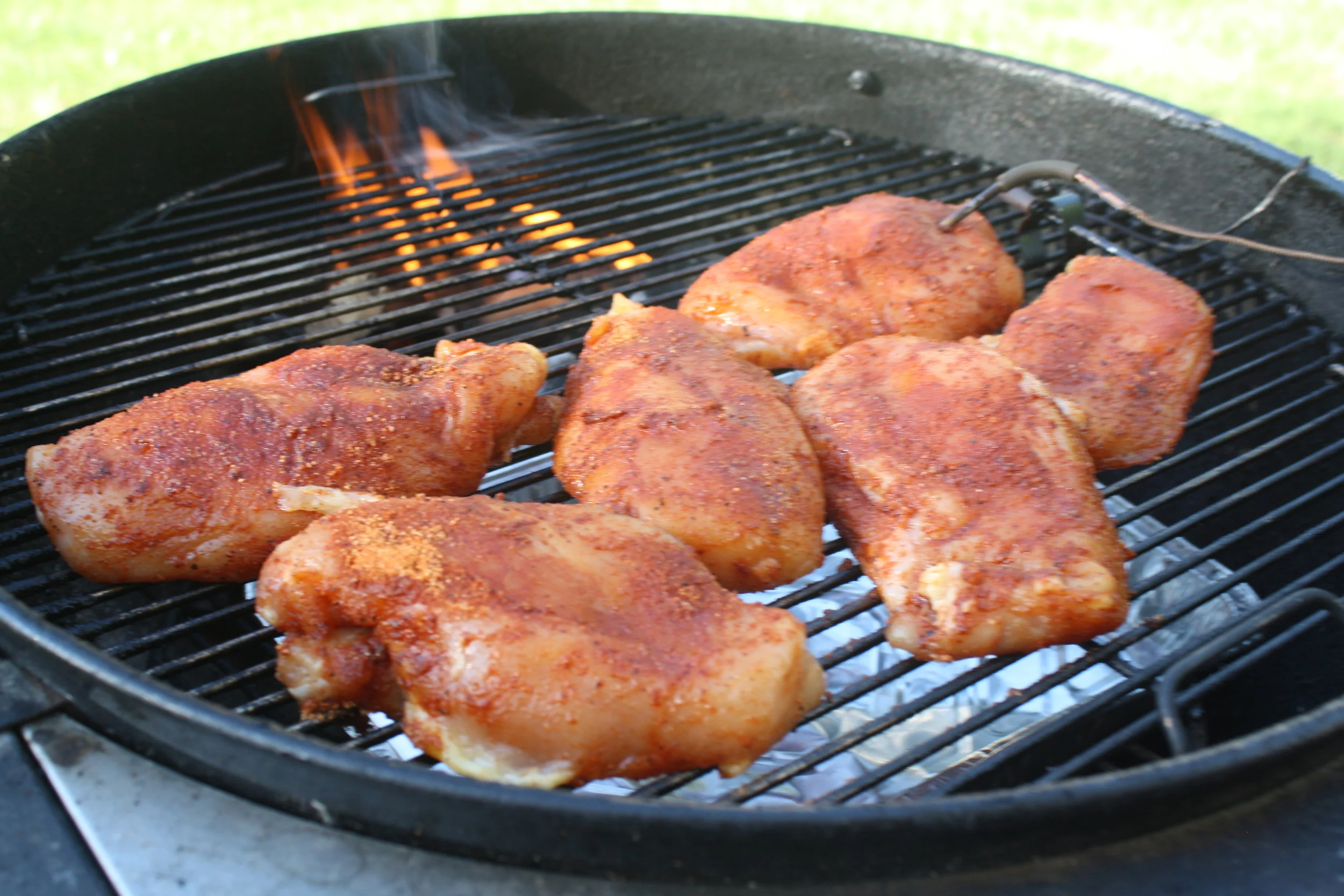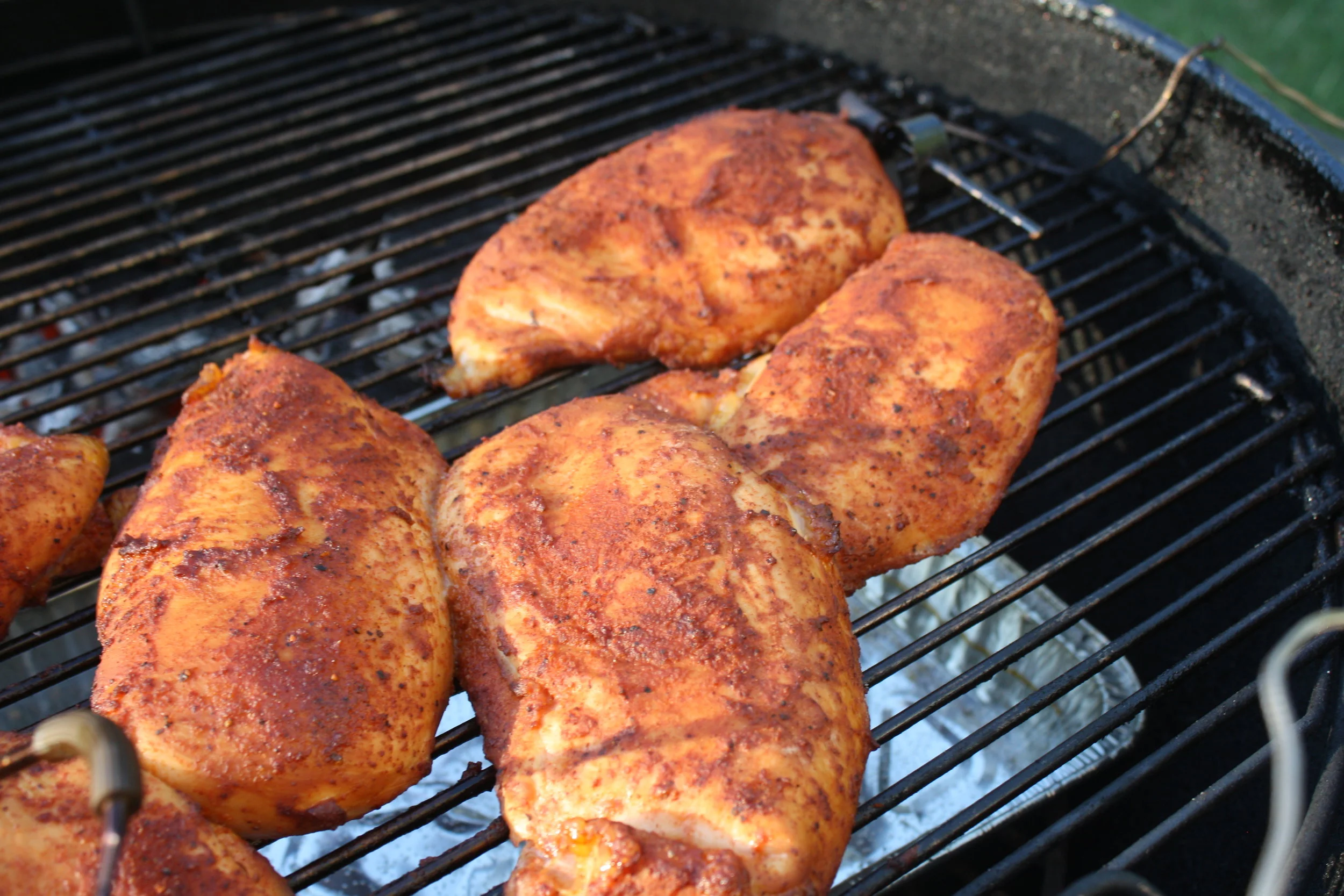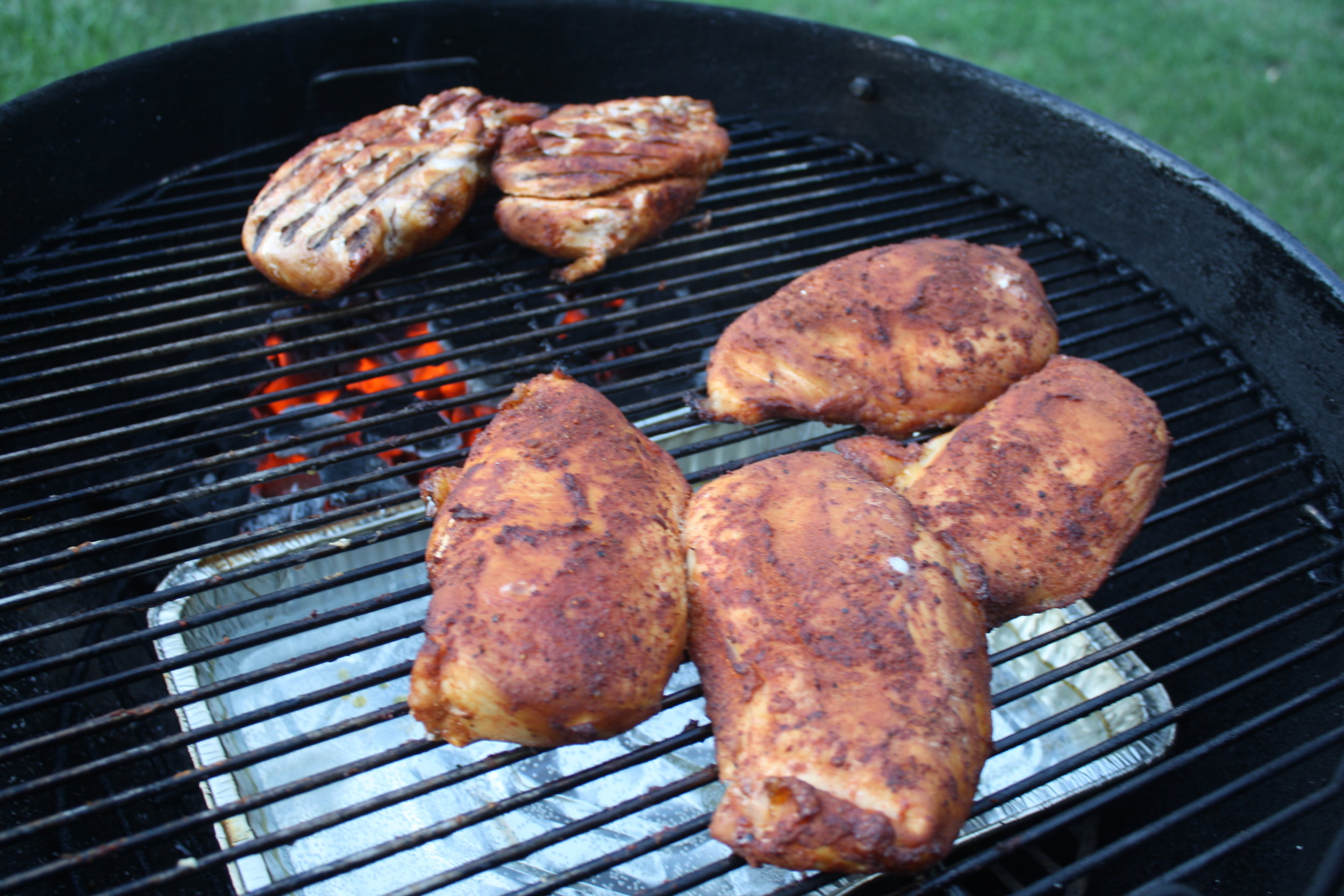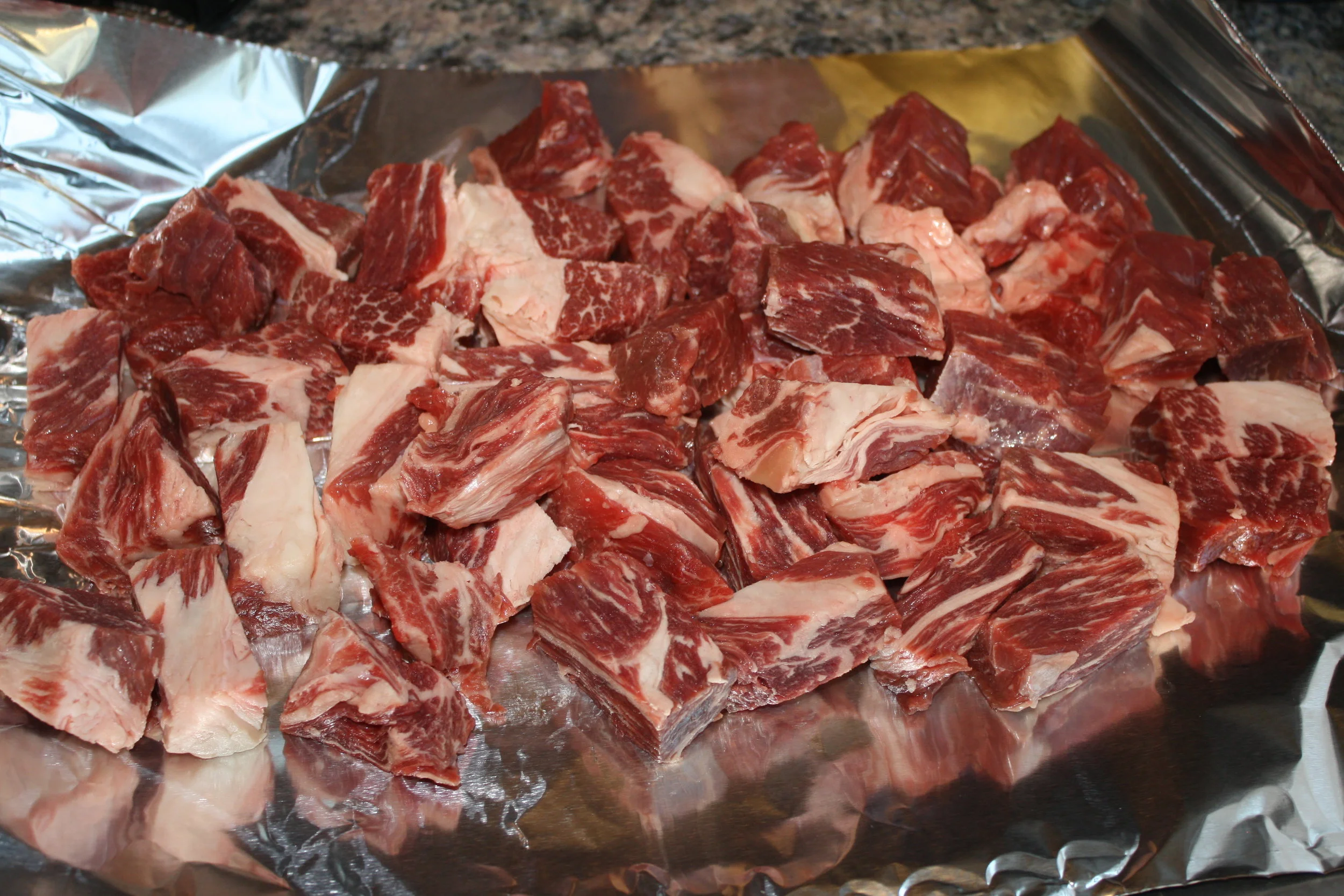I know walking into this blog that many of you cook entire family feats on your cooker. When it comes to holiday's like Thanksgiving, your families anticipate and expect your smoked Turkey the way mine expects normal mash potatoes. But I am sure there are just as many of you out there like me. Yes, you cook a mean BBQ, but you don't host holiday parties and simply get to go eat someone else's turkey.
On one hand, it is great you can attend a family get-together being responsible for nothing more than drinking. At the same time seeing the online BBQ conversations light up with everyone preparing their massive cooks might make you feel a little left out too.
This is where I found myself this year. I have never hosted Thanksgiving and honestly, have no desire to. I host my fair share of family parties throughout the year and Thanksgiving becomes a very nice one to attend. But this year it started bothering me to see all of you prepping these massive cooks creating a BBQ Thanksgiving.
This was around the time when I got the email from my family explaining the smaller items I had to bring...beer, chairs, and the standard sweet potato casserole. Now I don't know how your family does sweet potatoes. But at my in-laws, it is essentially sweet potatoes cooked and blended with brown sugar, then covered with marshmallows and broiled. Nothing fancy, but it is a family favorite. A family favorite that I am about to mess with, that is.
So I figure, my wife can make this age-old family recipe sweet potatoes blindfolded. So while she does that, I might just cook the same thing, on my cooker, and see what happens. That was the initial plan anyway. I started looking to see if anyone does this and I came across some great variants done on the cooker with a cast iron skillet.
Then I found a variant I really liked. On one hand, it let me use the family recipe for the majority of it, but I got to change the topping. Yup, forget the marshmallows piled up and melted, here I was going to use a pecan-based crumble. I figured this way if everyone hated mine, it was no loss and they still had what they were used too. At the same time, mine would be based on what they were used to and still be completely different.
So Thanksgiving morning I fired up the kettle and cooked 5 large sweet potatoes. Actually, I smoked them. I got the temp to be running hot at about 400 degrees. I also added some pecan wood. Then I let the potatoes cook there, in their skin for about 2 hours.
Once they were cooked completely I brought them in and entered them back into the typical family recipe. I peeled them and added some cream, brown sugar, cinnamon, etc. and let the KitchenAid mixer do its thing. While the mixer was turning the smoked sweet potatoes into a soup, I started making the topping.
Crushed pecans, more brown sugar, and some butter to hold it together. It was simple but perfect. I poured the sweet potatoes into my Lodge cast iron skillet, topped with the Pecans and it was time to set up the kettle for round 2.
For this round I lowered the heat a bit, down to about 300-350. I again added a couple chunks of pecan wood before putting my skillet on the grill. Once the smoke started going, I let the skillet hit the grill and cook there for another hour until the pecan topping started to brown nicely. When that happened, it was game time.
Now to be fair, in my wife's variant of this, there is less time involved and less work. Ultimately, it is really the type of thing you don't mess with. I mean Everyone loves it as it is, and it is easy. So yeah, I essentially took something that everyone liked and decided to change it...because I know how much everyone loves change at a traditional family party. If that wasn't enough, I am going to make it require far more effort form me to prepare. Admittedly this was probably not the brightest idea I ever had.
Well, that is what I thought until I got to the party. As I unwrapped the foil on my skillet, the smell of my cooker spread through the kitchen. At the very least this oven turkey now had a smoked scent to it. The first round, my skillet didn't get much attention. It is a side after all and unknown. Then people took a little here and a little there. Then after having a little, everyone was going back for more.
Sometimes, it seems, tradition is worth breaking. That is if you are breaking it to add BBQ and do things a little better.
Thanksgiving may be just behind us, but the Christmas season is here. Come by the Man Meat BBQ Facebook Group and share your holiday cooks!
https://www.facebook.com/groups/1960615054162384
Until next post, remember kids.....CHUNKS not chips!
